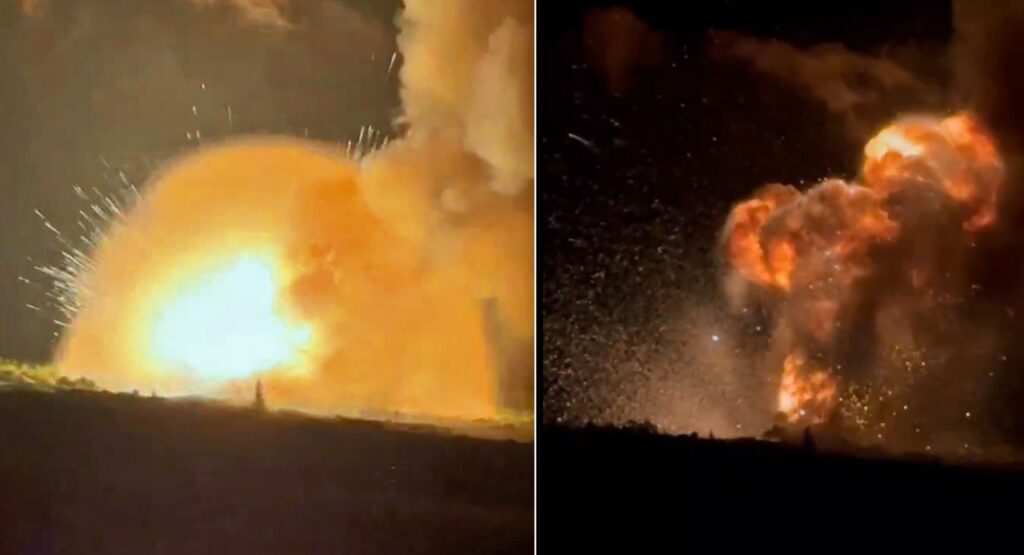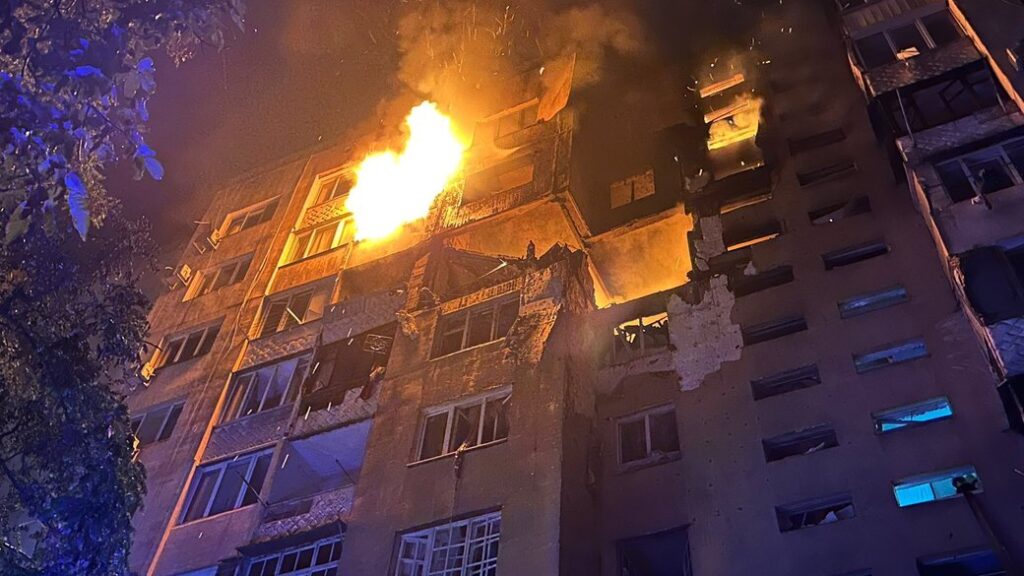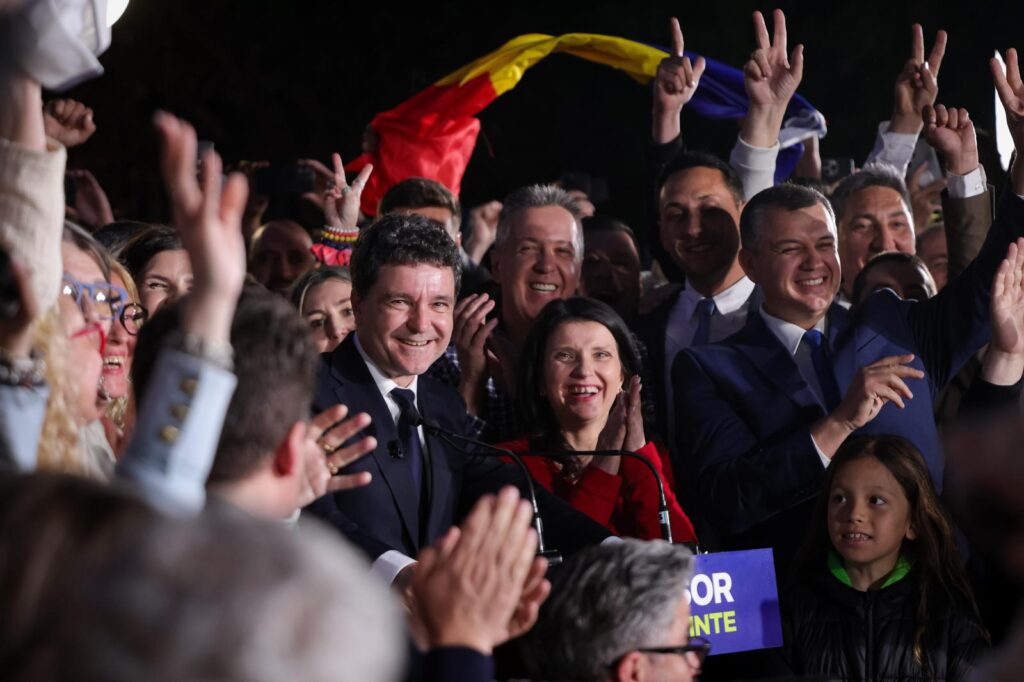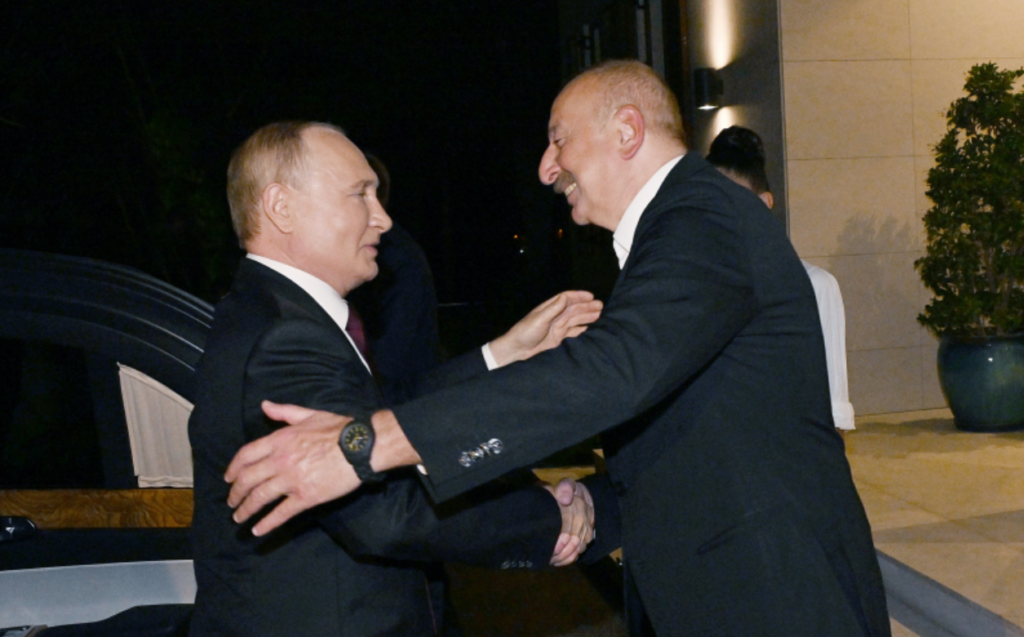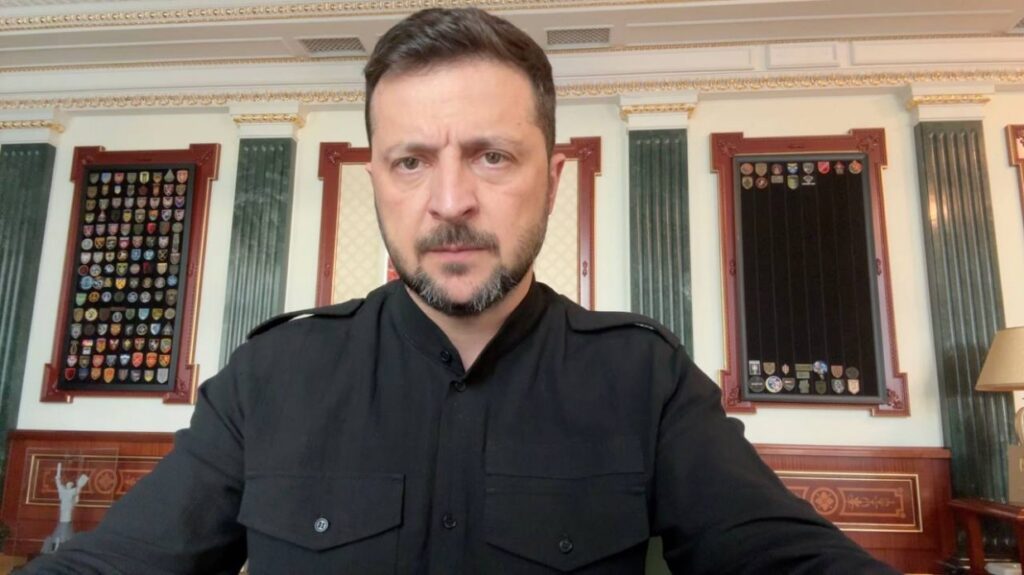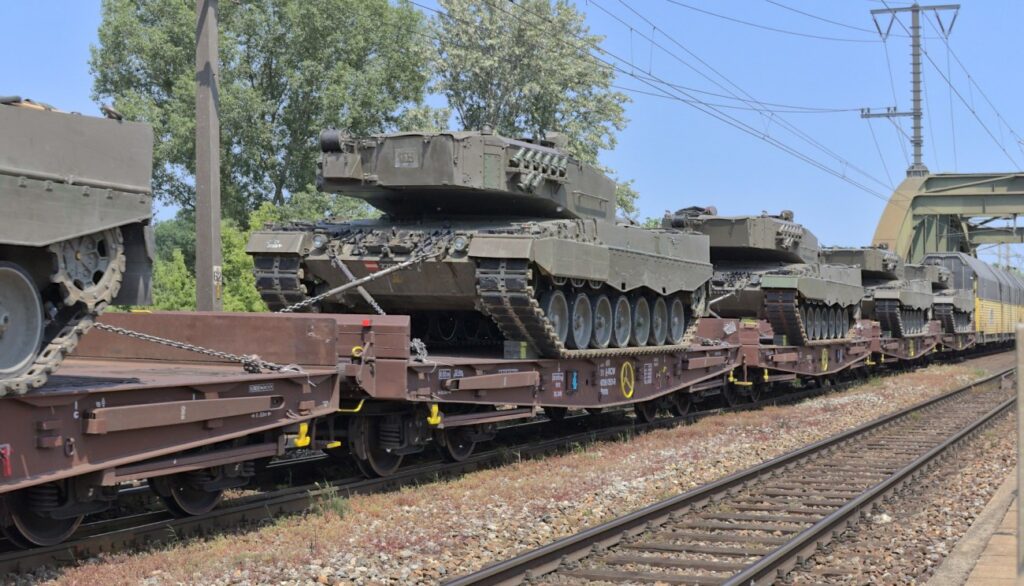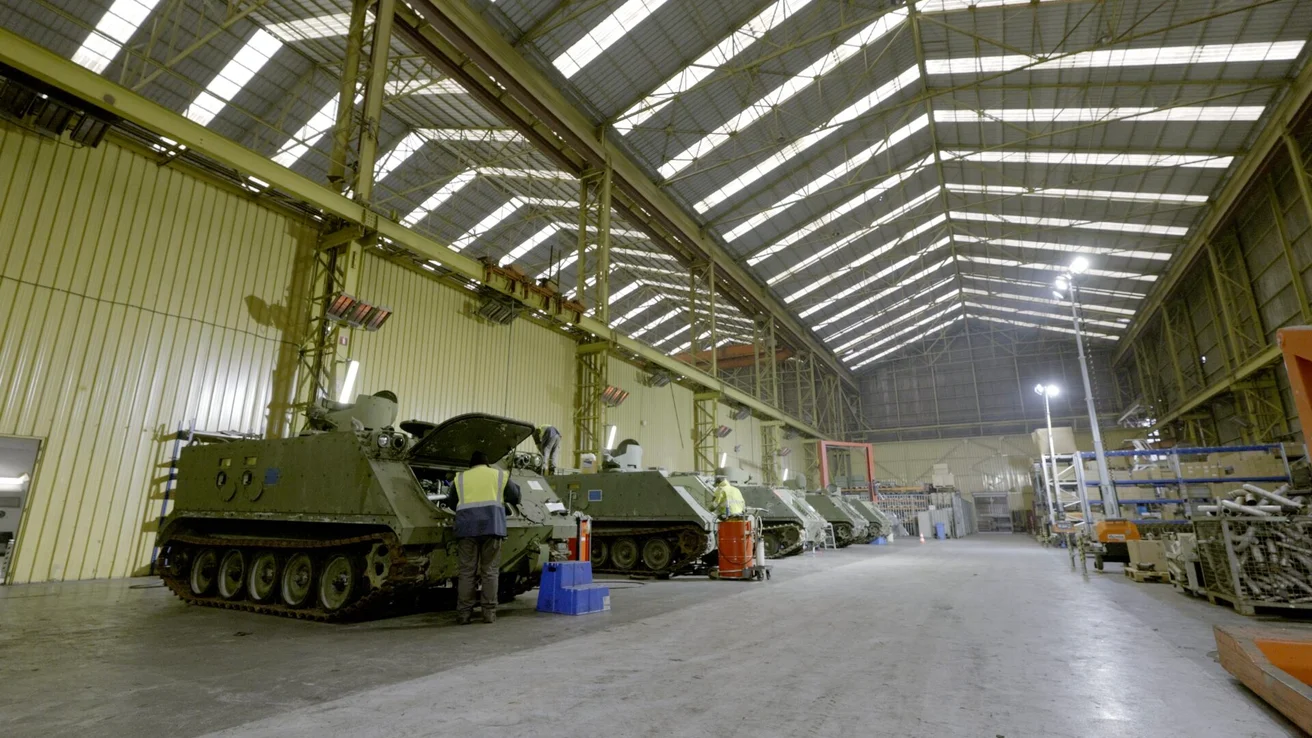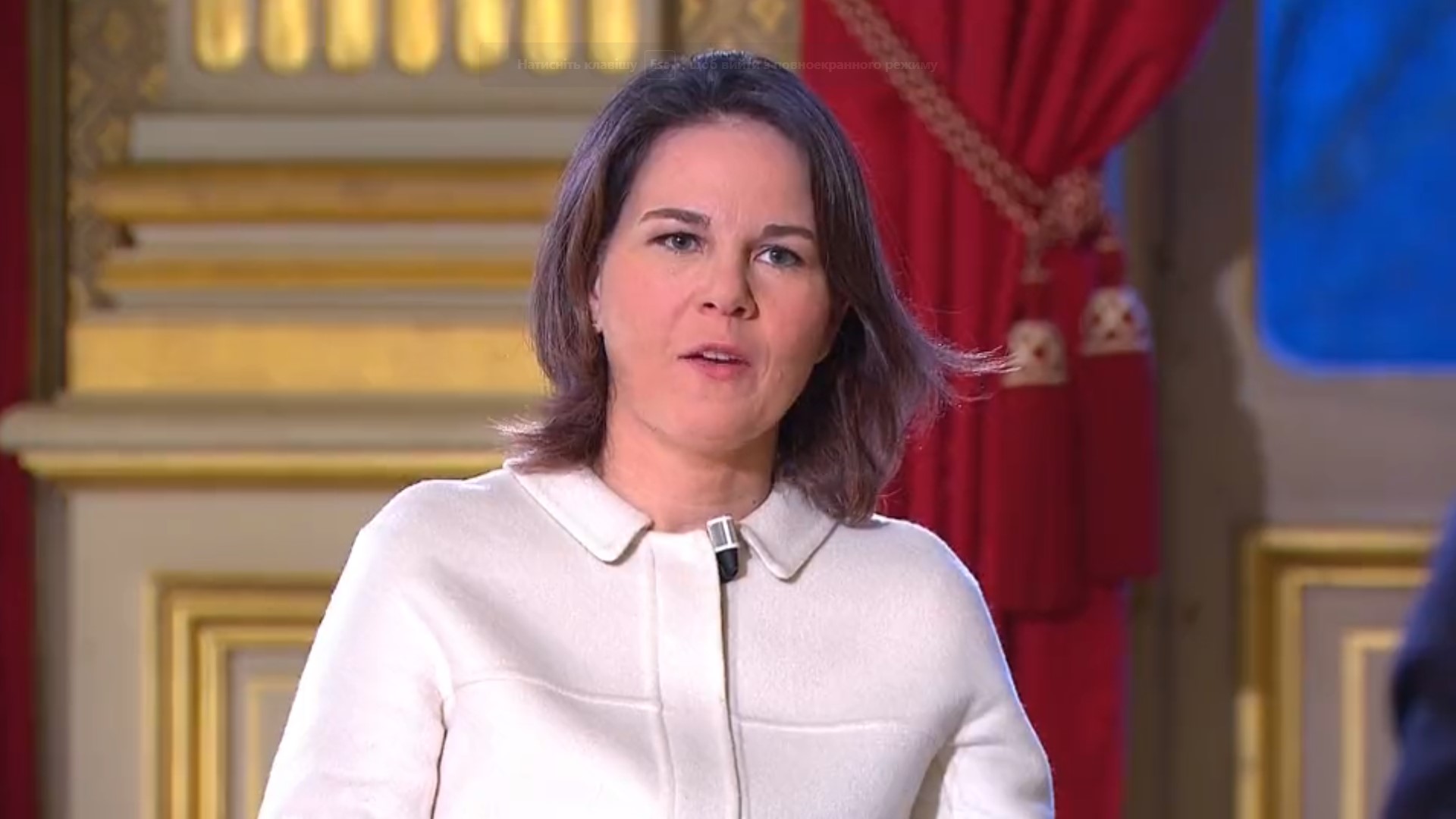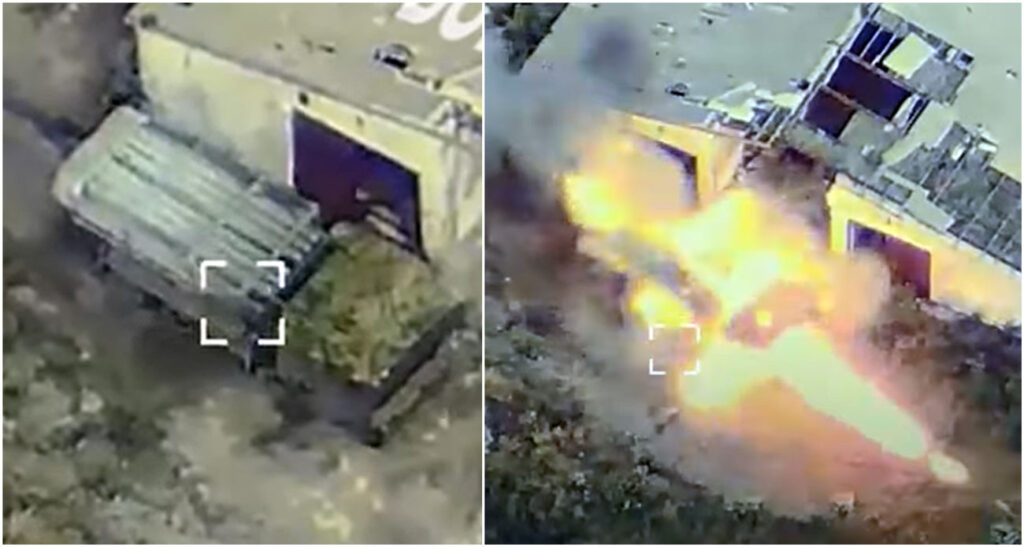Russian oil flows through Hungary unchecked—investigation traces deals to PM Orbán’s closest allies
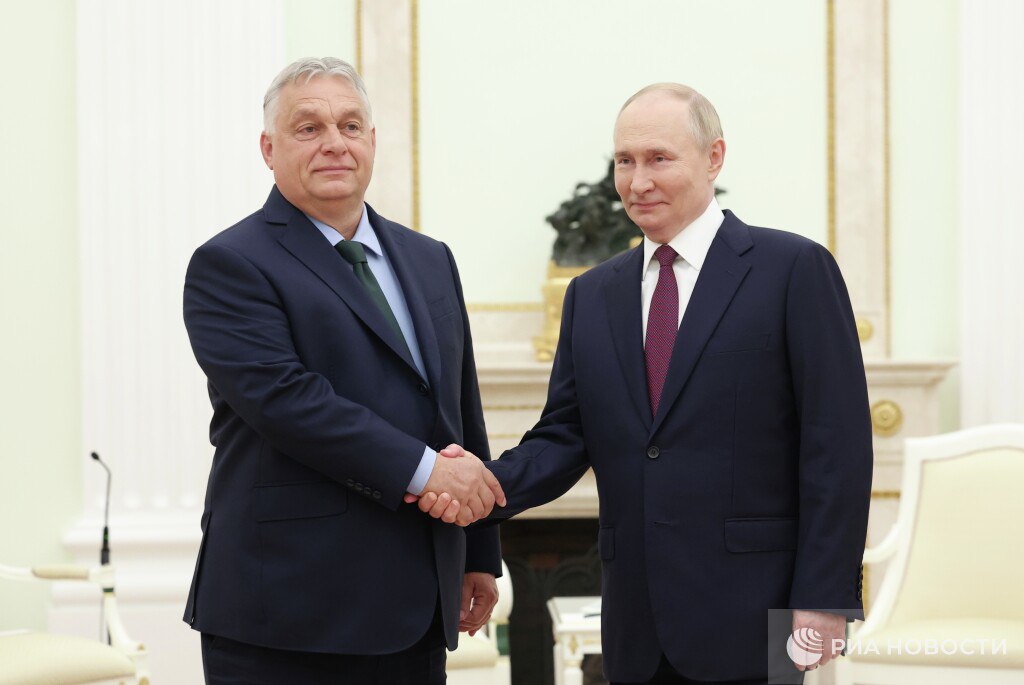
Russian crude continues flowing into the EU through Hungary, despite sanctions, via a covert trade network. An investigation by the Russian investigative outlet Important Stories (IStories) into Kremlin oil deals with Orbán allies uncovers how a shadowy firm helped channel over $10 billion in oil from Putin-linked circles to Hungary’s ruling elite.
Russian oil deals with Orbán allies exposed
IStories traced the vast post-2014 oil trade into the EU to Normeston Trading, a mysterious company registered in Belize and operated through Cyprus. The firm sold over 20 million tons of Russian oil to Eastern Europe between 2011 and 2023 — with about 2 million tons in 2023 alone, including over 1 million tons delivered to Hungary.
At the core of the operation is a network of business and political links stretching from the Kremlin to Prime Minister Viktor Orbán’s closest allies. The firm’s Russian side was connected to former top executives of sanctioned billionaire Gennady Timchenko, while its Hungarian ownership includes friends and business partners of Orbán.
A race car driver becomes a $10 billion oil trader
In 2014, the Slovak antimonopoly authority publicly named Normeston’s owners: Russian national Lev Tolkachev and Hungarian consultant Imre Fazakas. Tolkachev, a former Lukoil employee and amateur race car driver, officially held the stake at the time. He also managed a mid-sized auto business in Tver and founded the Rumos Racing team in Russia.
Tolkachev’s profile stood in sharp contrast to the scale of Normeston’s operations. A former Russian official told IStories:
“In Russia under no circumstances could a race car driver, even if he’s a former oil company employee, be the real owner of an oil trading business with contracts worth billions of dollars.”
Tolkachev’s companies were also connected through shared control in 2017–2018 to those owned by Sergey Gzhelyak, a top executive for Timchenko. Another Timchenko associate, Aleksandr Zhuravlev, still sits on boards with Tolkachev in Normeston-linked firms.
Subbotin re-emerges in the oil trade from Monaco
After Tolkachev, another figure took control: Valery Subbotin, former Lukoil vice president and head of Litasco, its trading arm. Subbotin fled Russia in 2016, settling in Europe and acquiring Cypriot citizenship. In 2023, his Valna Holding Cyprus obtained a 49.9% stake in Normeston.
Subbotin had fallen out with Igor Sechin’s Rosneft during its 2016 takeover of Bashneft. According to Forbes Russia, Subbotin’s contracts were canceled, and he left under pressure. However, IStories found that even in exile, Subbotin maintained ties with Putin’s business circle and associates of former pro-Kremlin fugitive Ukrainian president Viktor Yanukovych.
In 2023, Normeston won a Czech tender worth over $45 million — a deal Czech media linked to Subbotin. His family owns a heavily fortified villa on the French Riviera, where security measures led one witness to mistake it for Sechin’s residence.
Normeston’s deliveries grew with each wave of sanctions
Ironically, EU sanctions boosted Normeston’s activity. In 2014, after Crimea’s invasion and annexation by Russia, the company’s oil exports via Druzhba increased fivefold. After Russia’s full-scale invasion of Ukraine in 2022, shipments jumped tenfold. The trader avoided sanctions, largely because it did not buy oil directly from blacklisted firms like Lukoil.
In 2024, Ukraine sanctioned Lukoil, halting its pipeline shipments. But Hungary’s MOL stepped in to purchase the same Russian oil at the Belarus–Ukraine border and continued the deliveries under its own name. According to IStories, Lukoil previously accounted for over 40% of Druzhba’s flow.
Throughout, Normeston remained active. Its Moscow office operates from a building housing firms linked to OTP Bank, headed by Orbán ally Sándor Csányi, and associated with György Nagy — another key Hungarian figure tied to the oil trade.
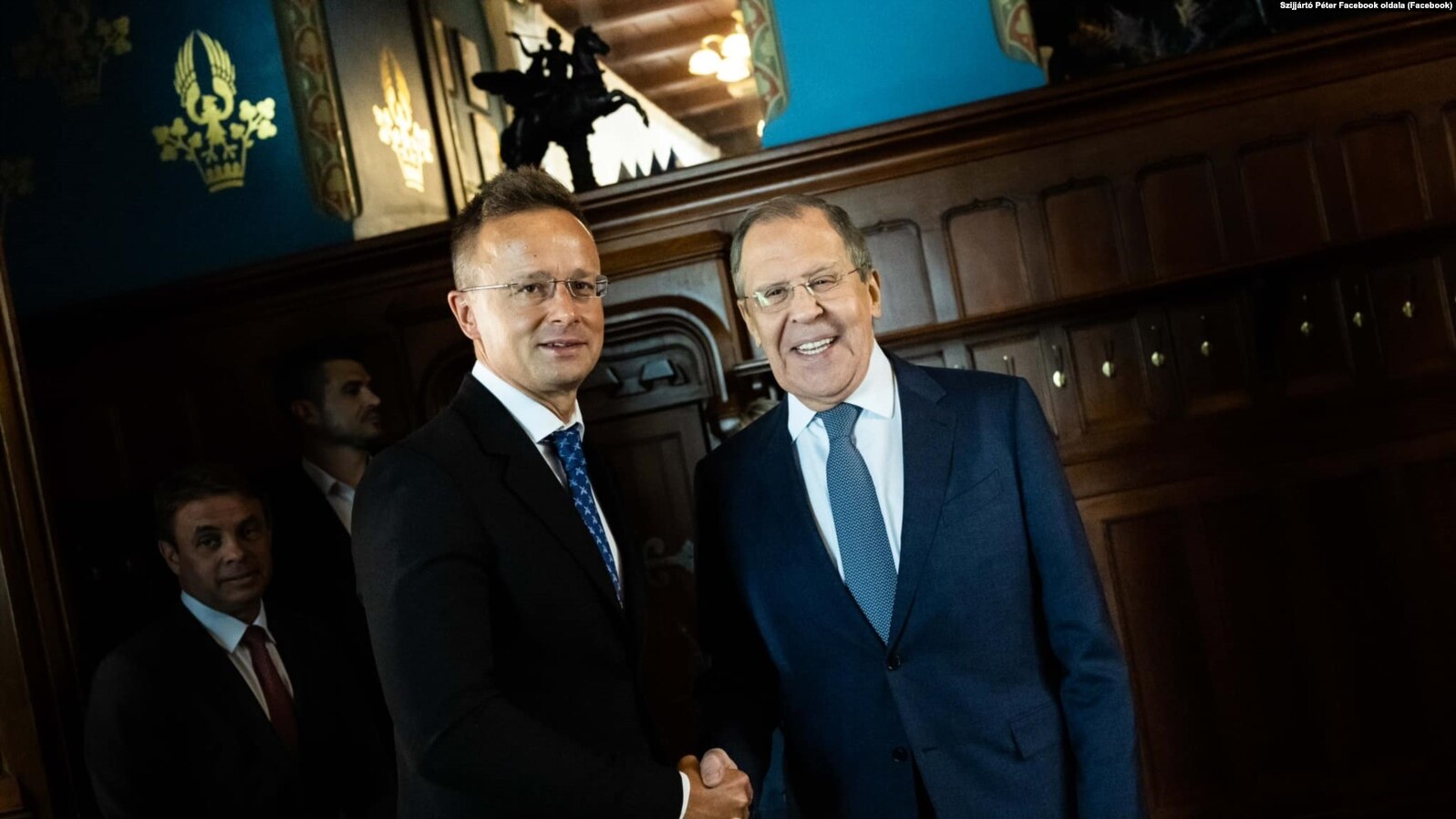
Szijjártó says Kyiv must accept Budapest blocking Ukraine’s EU accession, Zelenskyy says most Hungarians support Ukraine
Orbán’s allies profit from gas trade too
In 2009, Hungarian oil and gas company MOL sold 50% of its gas trader MET to Normeston. Just two years later, that stake was transferred to Orbán’s associates — István Garancsi and György Nagy. MET quickly grew into a giant, operating in 17 countries with nearly €18 billion in annual turnover.
Anti-corruption researchers in Hungary described the deal as one of the most “critical episodes in the country’s economic history.” According to reports cited by IStories, the MET owners earned over $200 million in a single year by purchasing cheap spot gas and selling it domestically — all with Kremlin knowledge and apparent approval.
A source from within the Hungarian government told Direkt36, iStory’s partner in the investigation, that Russian authorities could have blocked MET’s deals but didn’t.
Old Soviet ties in modern energy networks
Hungarian co-owner Imre Fazakas, who held a 16.7% stake in Normeston, studied in Lviv and worked in Moscow in the 1980s as deputy director of Videoton’s local office. He became familiar with Soviet oil operations while coordinating computer systems for drilling rigs and transportation systems.
Fazakas later consulted for MOL and served on the board of MET — alongside Tolkachev. A former Hungarian official told Direkt36 that Videoton had strong ties to the Soviet military sector and state security.
Another Hungarian shareholder, the Madera Investment Fund, which owns 33.4% of Normeston, is linked to György Nagy, a powerful businessman and partner of Garancsi and Csányi. Nagy graduated from Russia’s MGIMO international relations university and secured major government contracts during Orbán’s premiership — including a $5 million IT deal with the Hungarian post office.
His companies also serve OTP Bank—still doing business in Russia—and telecom clients, including MOL.
Hungary blocks sanctions — Russian oil keeps flowing
In June 2025, Hungary and Slovakia again blocked a proposed package that would have banned Russian oil and gas imports altogether.
In a June 2025 interview, Orbán went further, saying: if Vladimir Putin visits Hungary, he would be received “with all due honors.”
In 2024, Orbán echoed Russia’s narratives, claiming Europe acts “at the behest of the US” and allegedly sacrifices its own interests to support Ukraine. He insisted that Hungary would not abandon Russian oil.
Read also
-
Sanctions hit harder than bombs: Russian courts reveal systemic failure in weapons supply
-
The EU set out to choke Russia’s energy exports — and handed Putin a €30 billion loophole
-
Merz: Hungary and Slovakia could lose EU funds over pro-Russia stance
-
For the first time, SBU exposes Hungarian intelligence agents who were spying against Ukraine
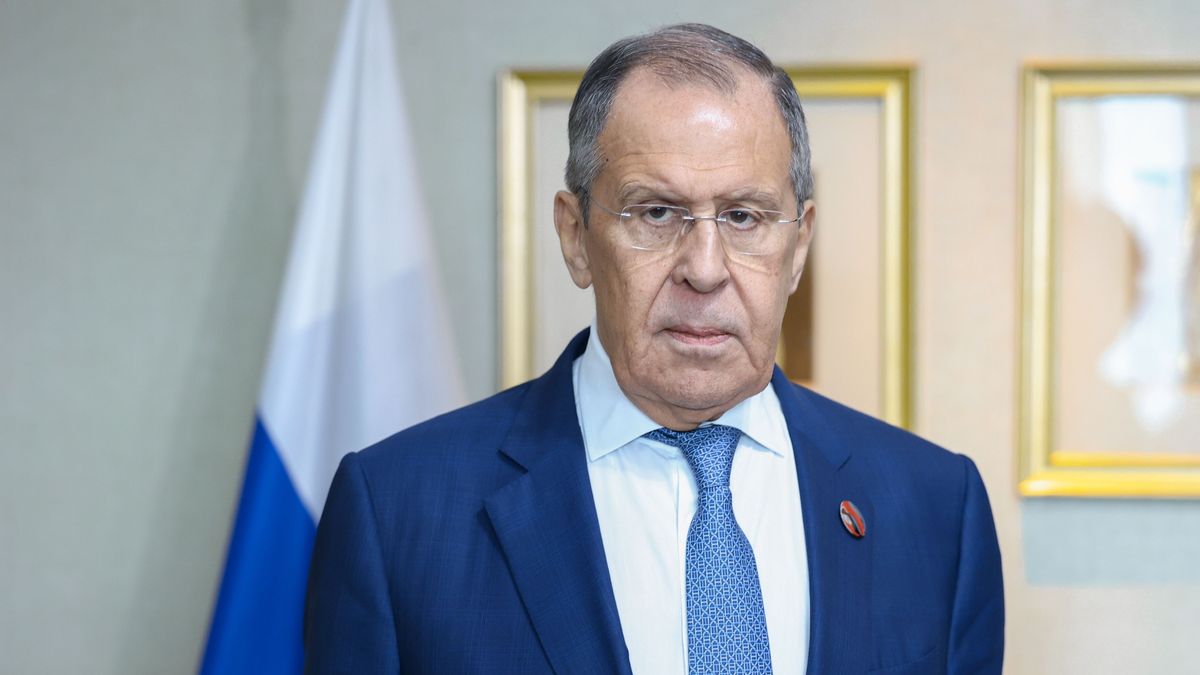

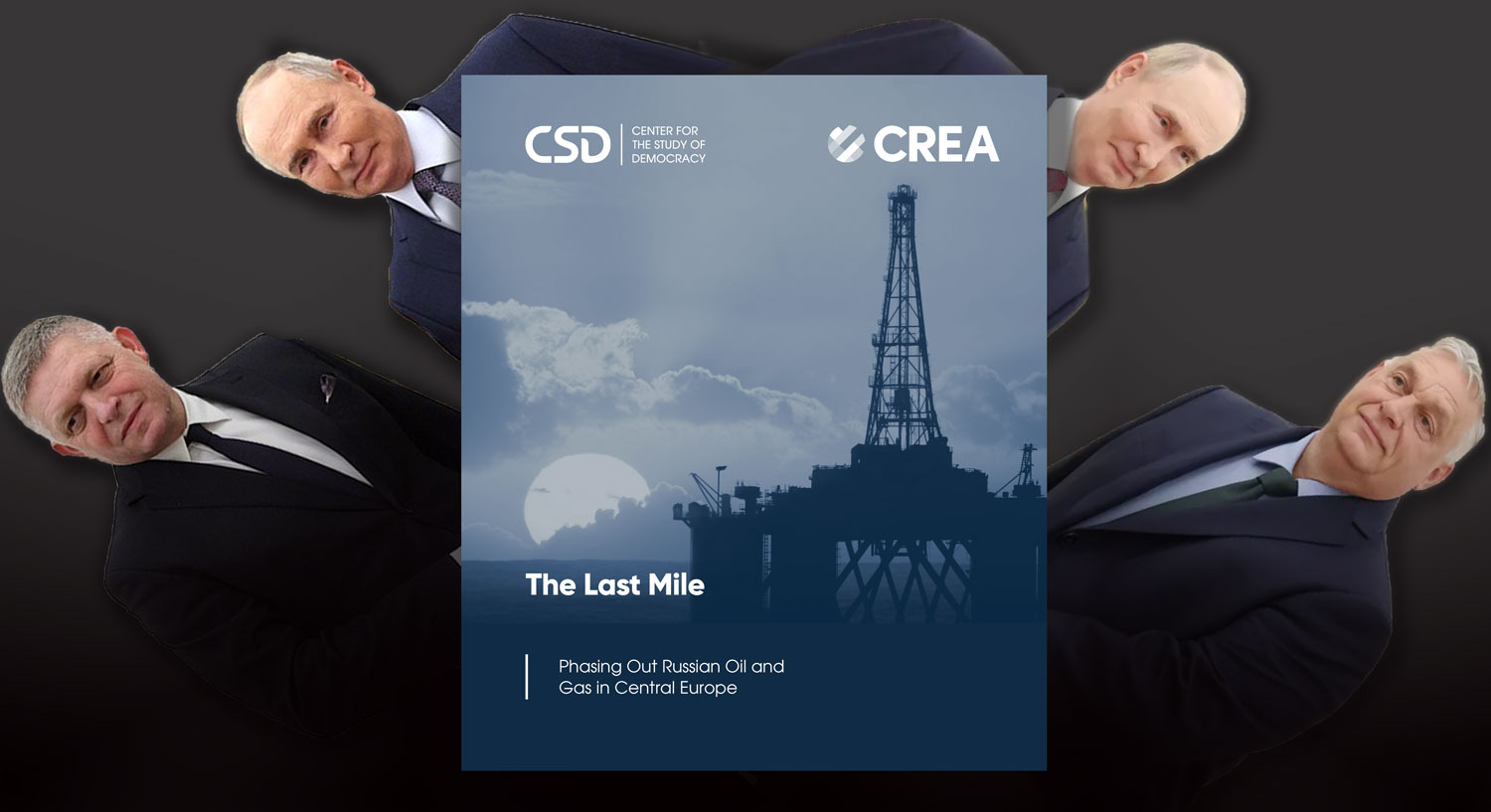





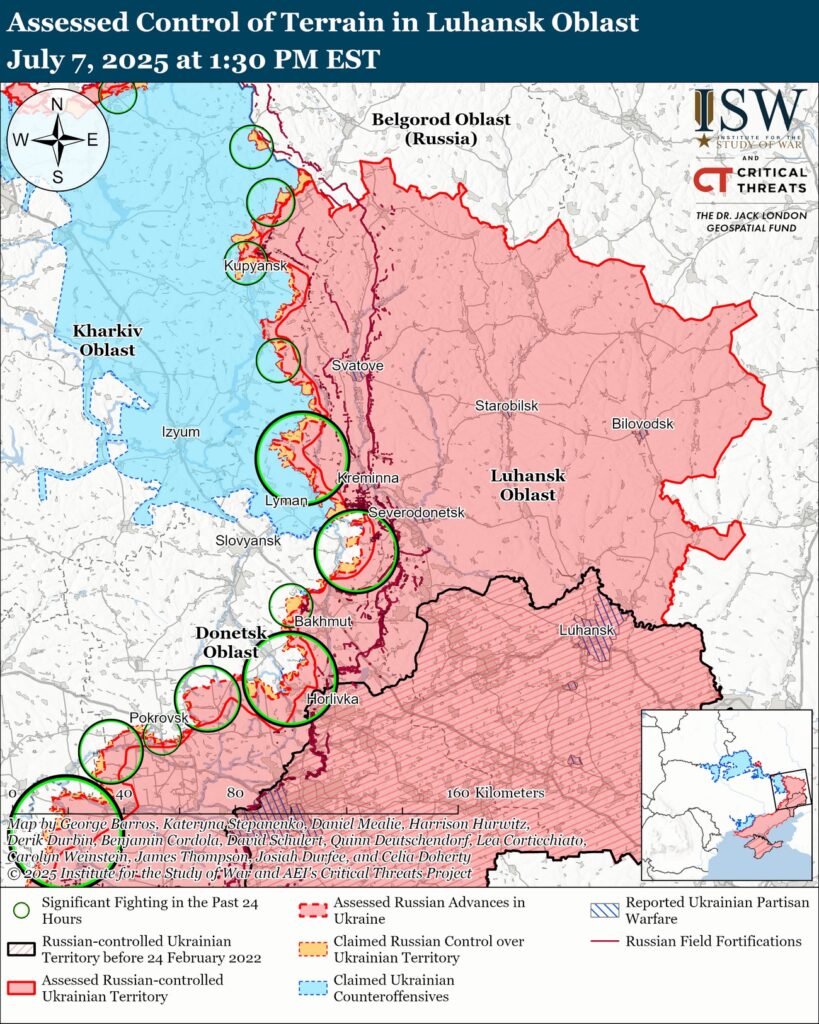
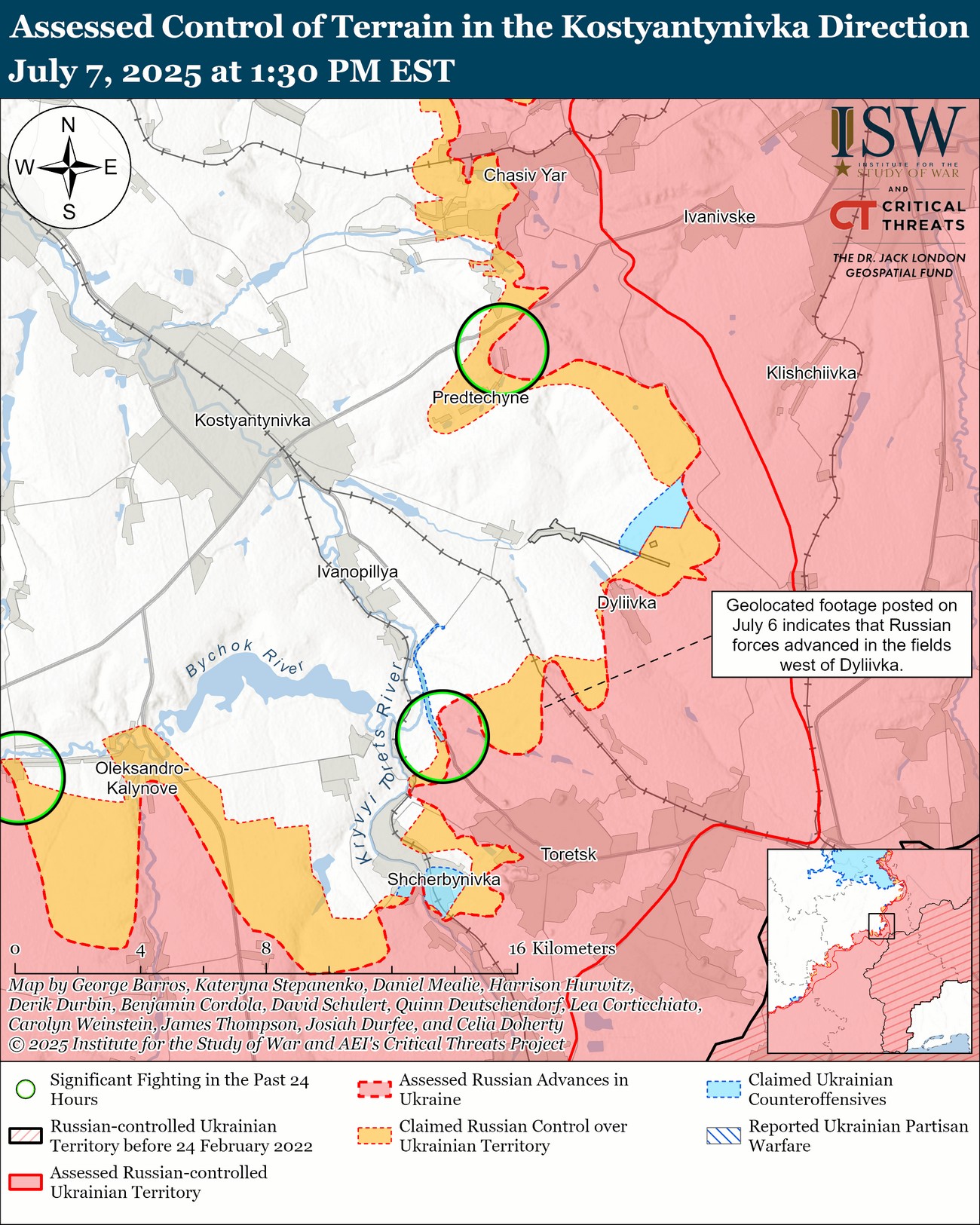


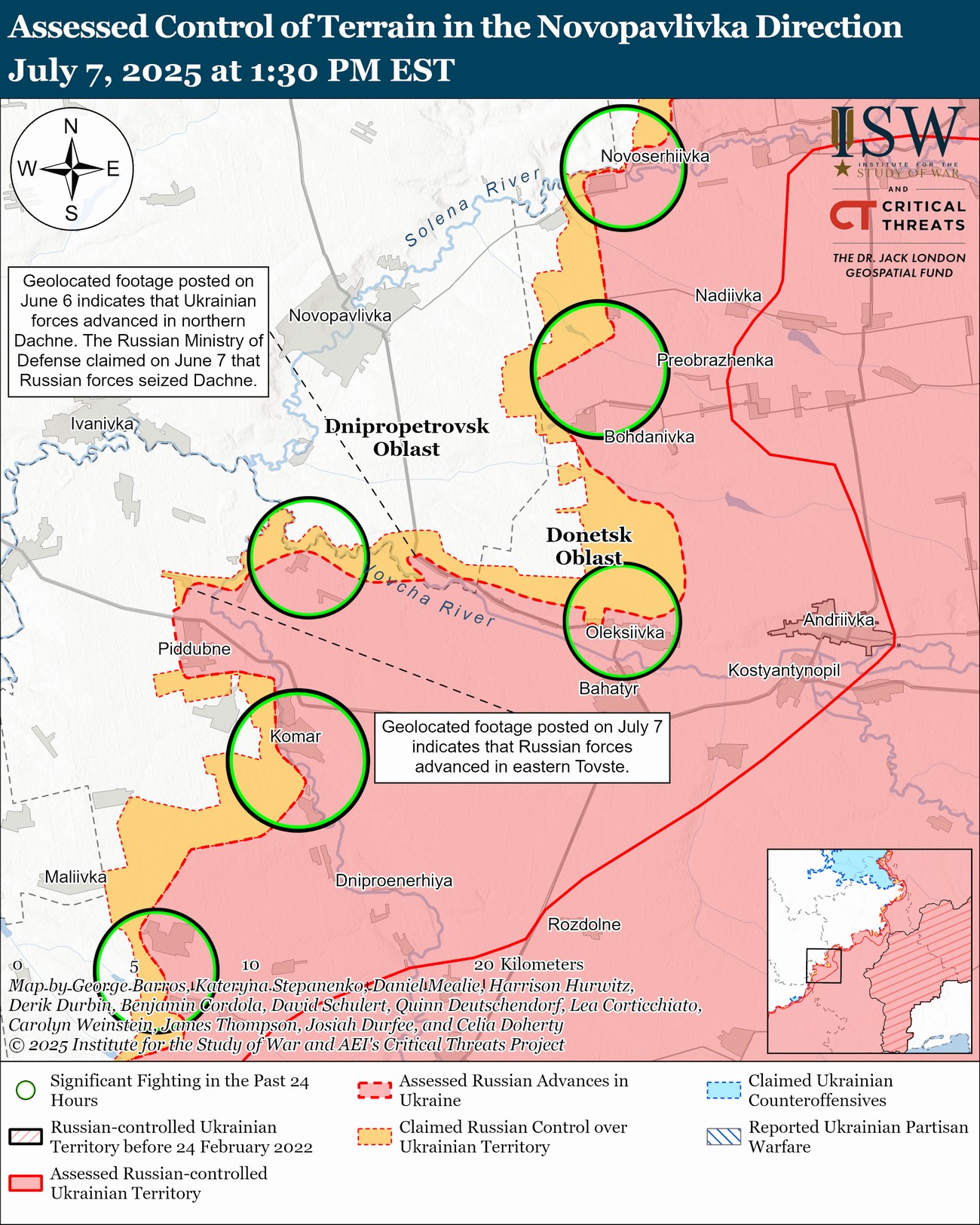

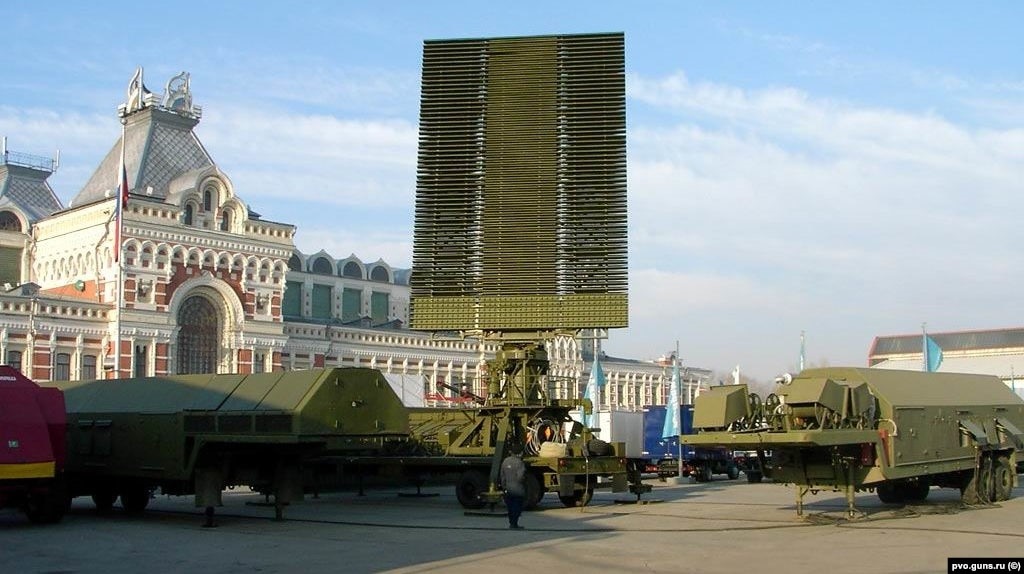
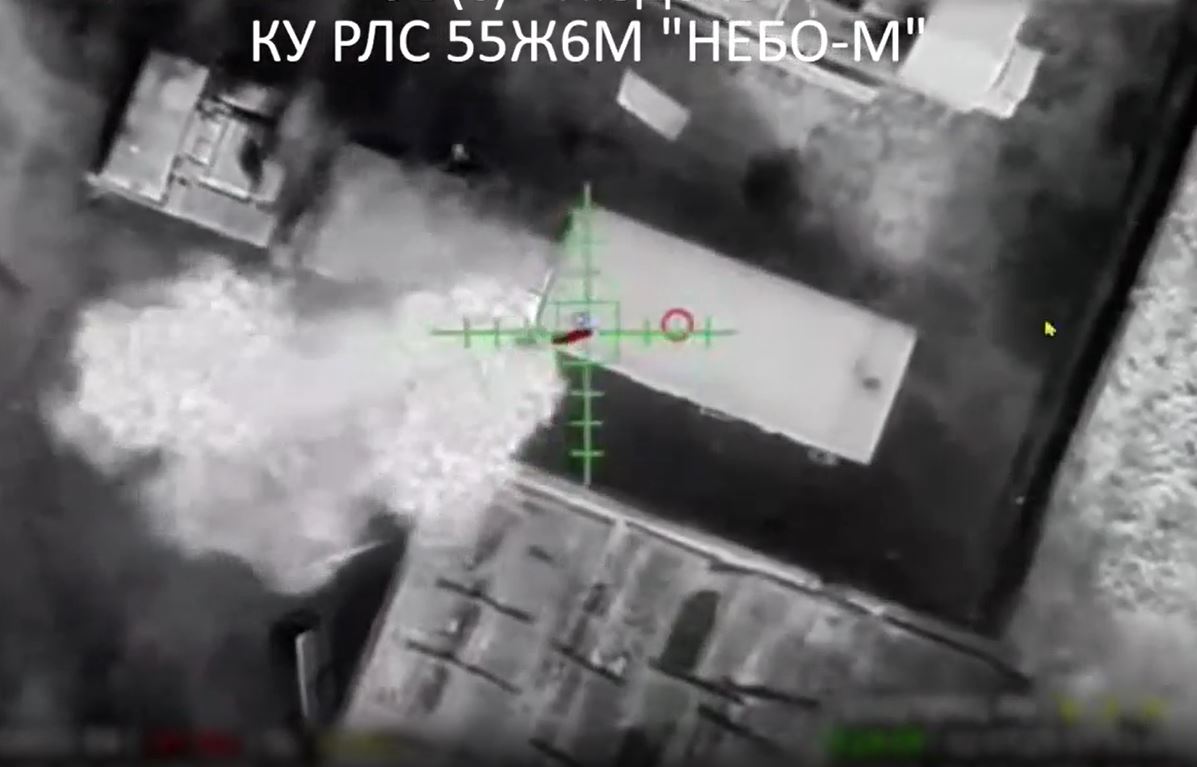
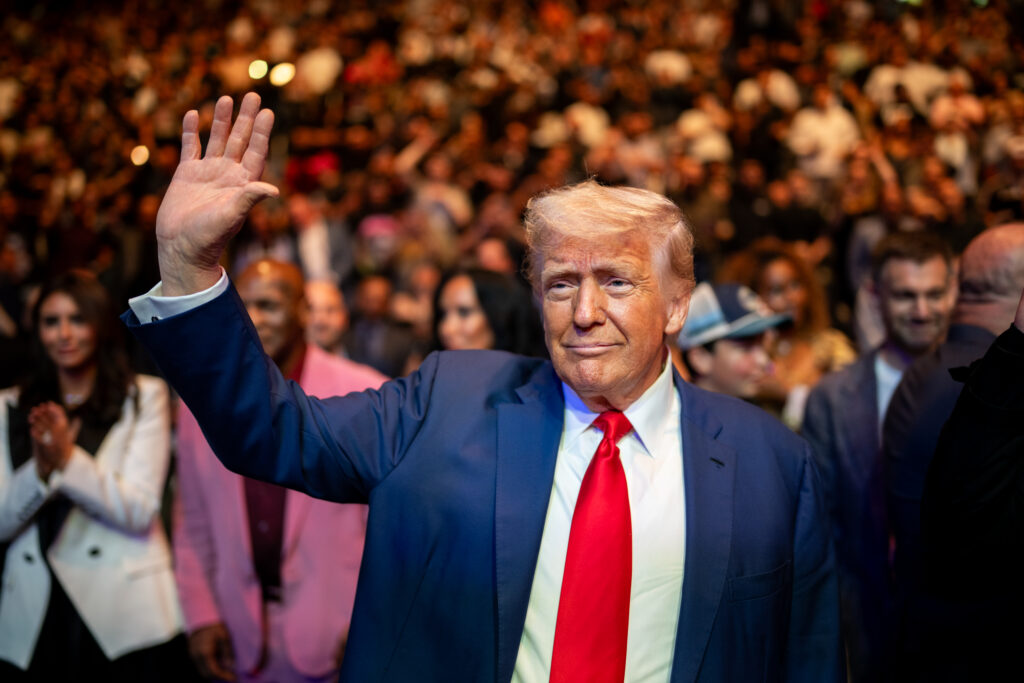
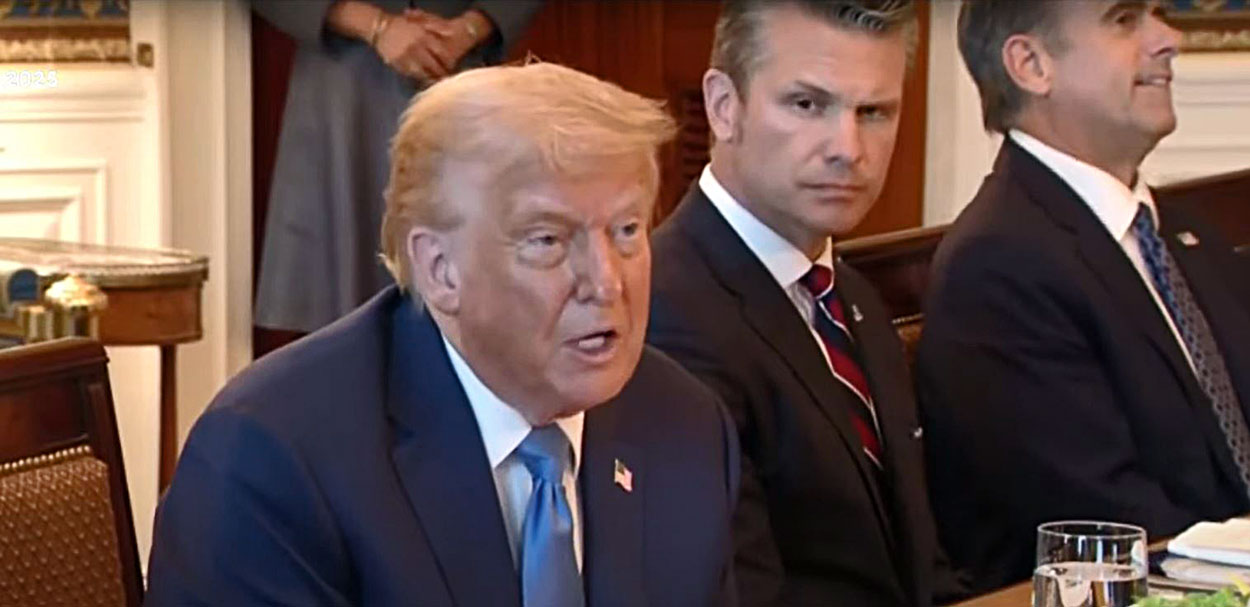
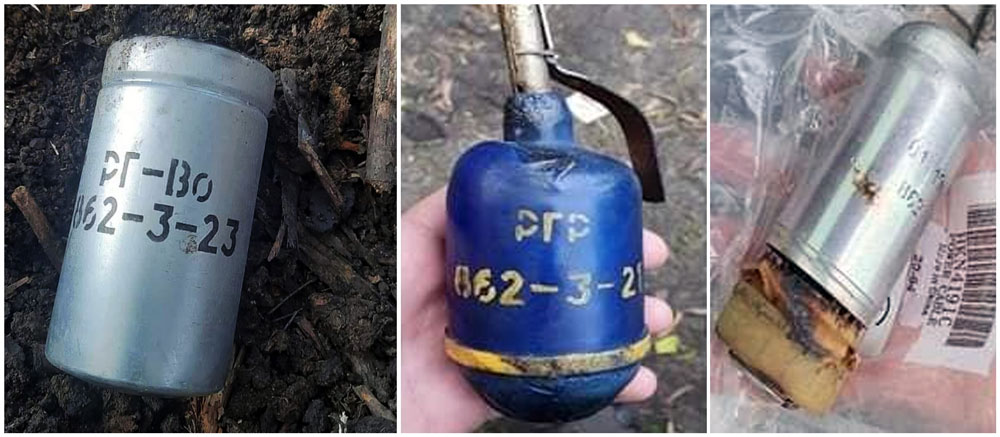
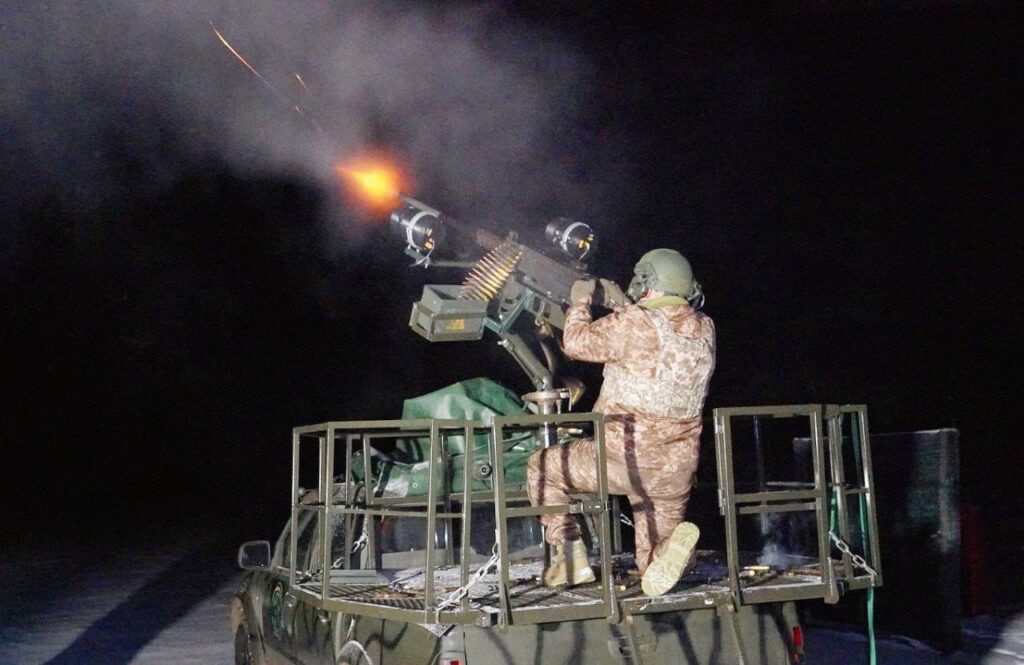
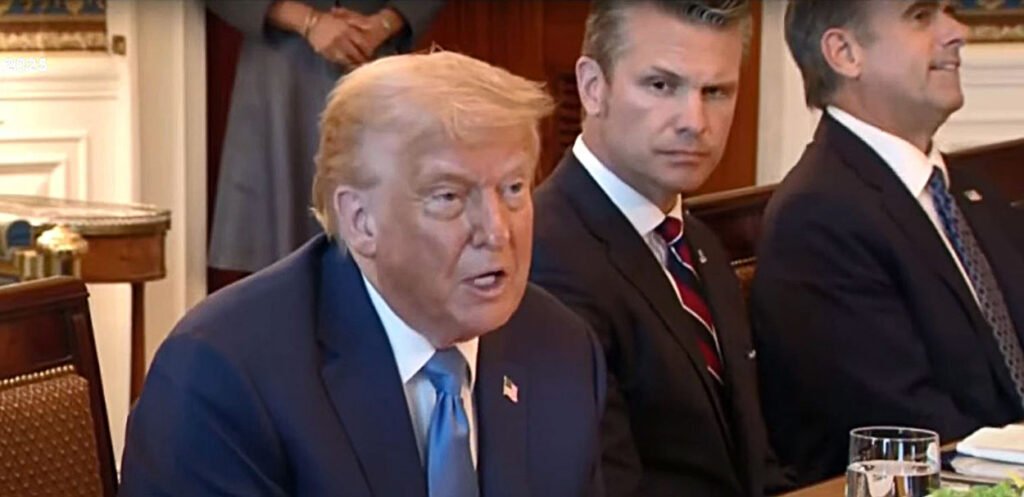
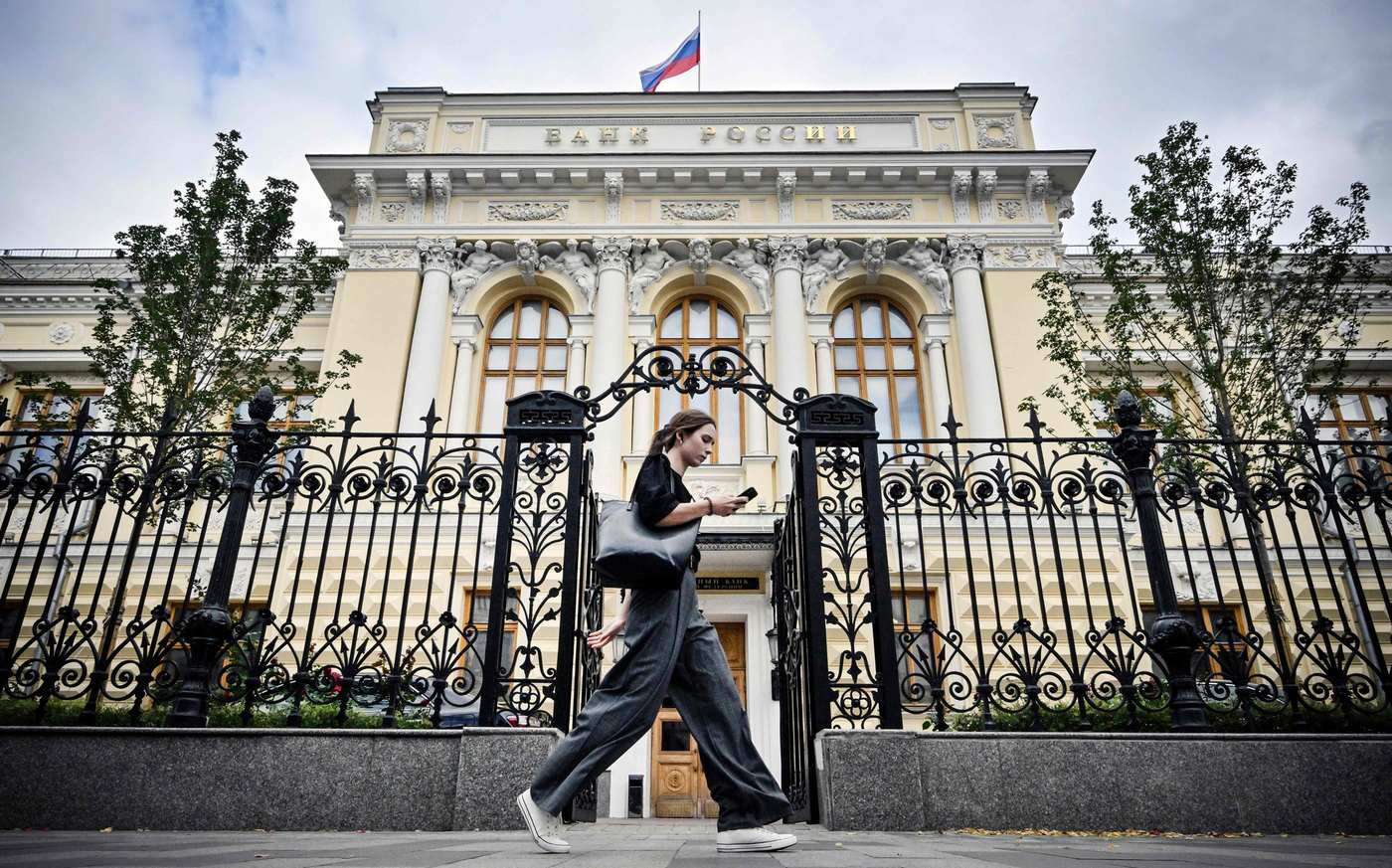
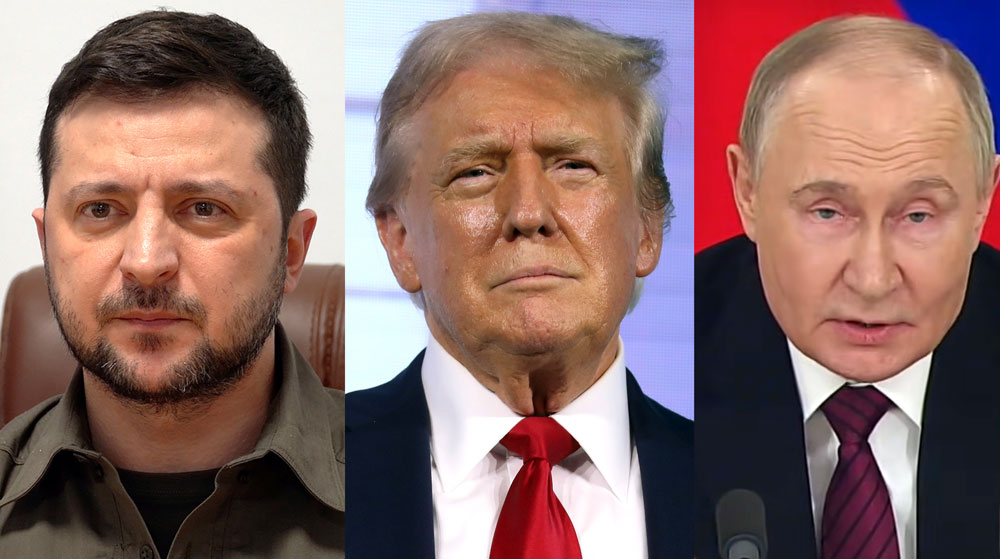
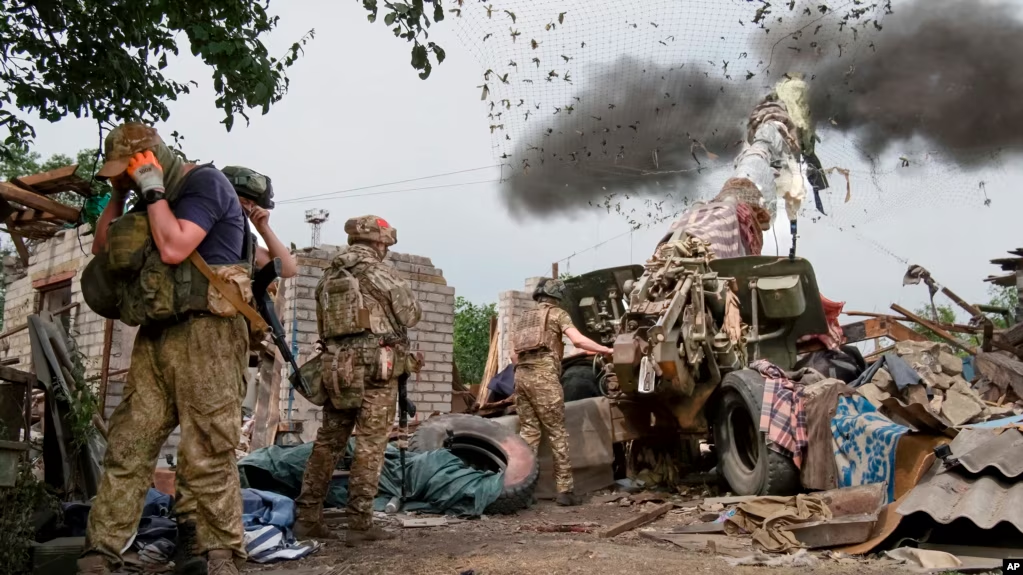
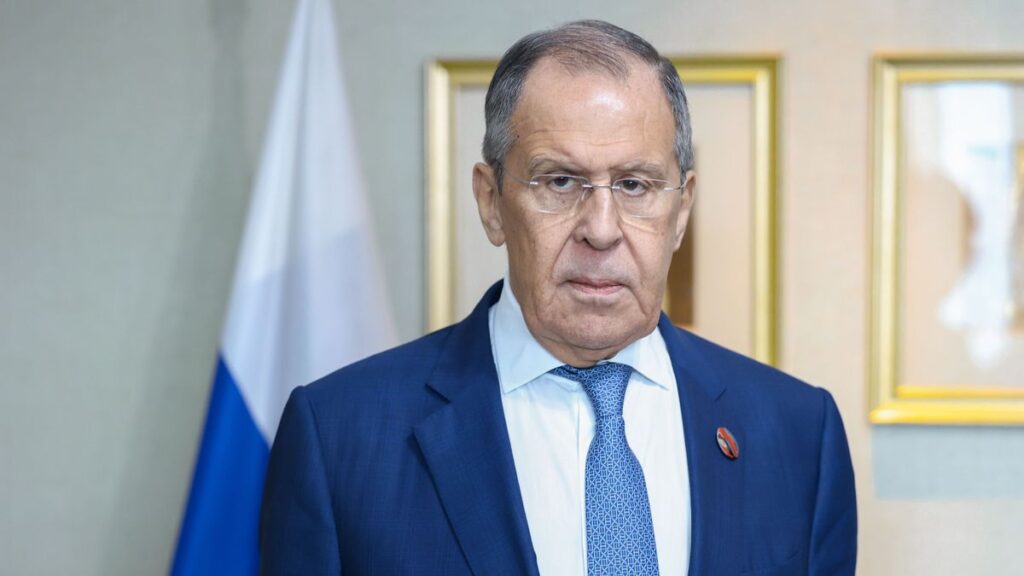
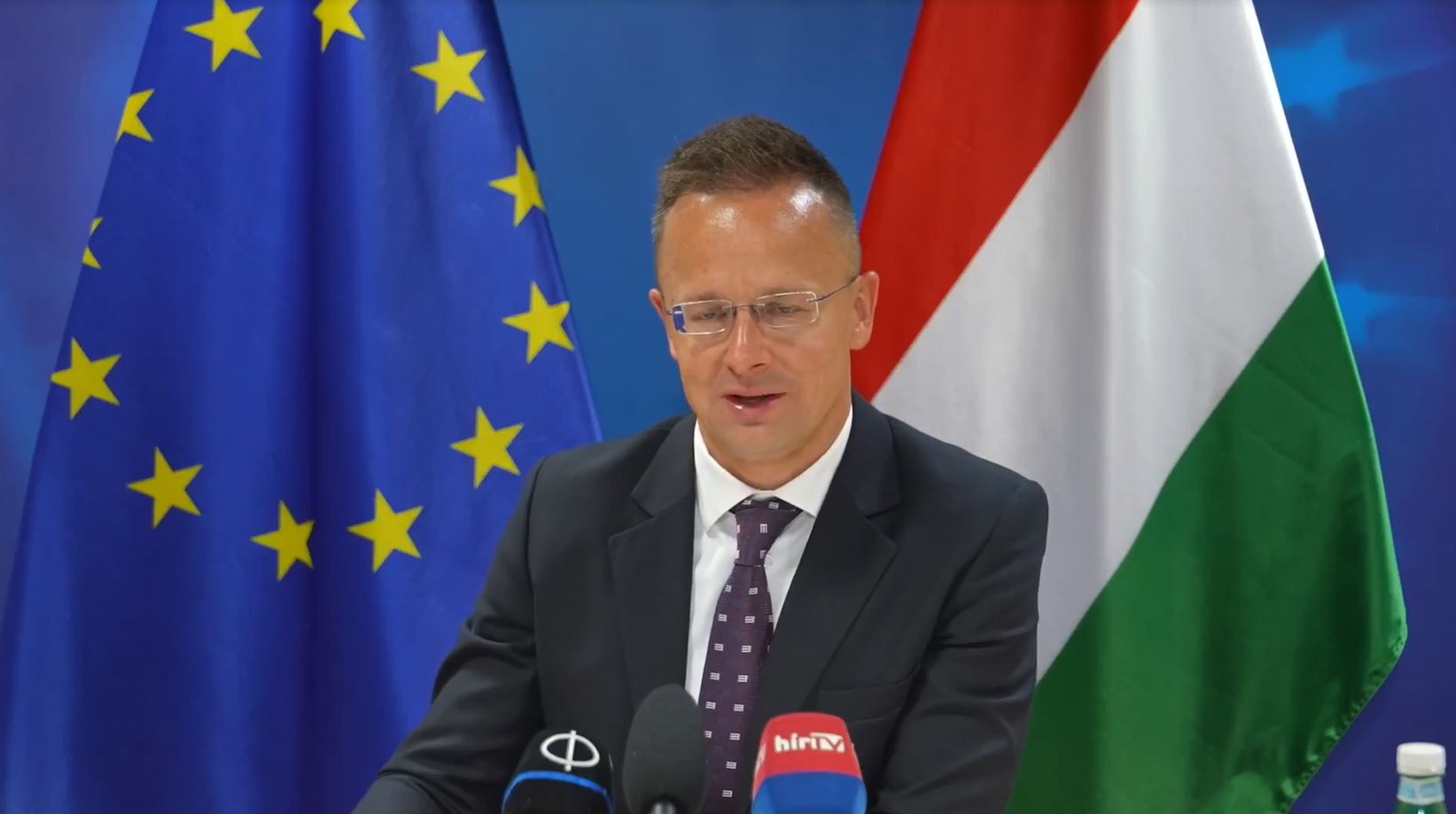
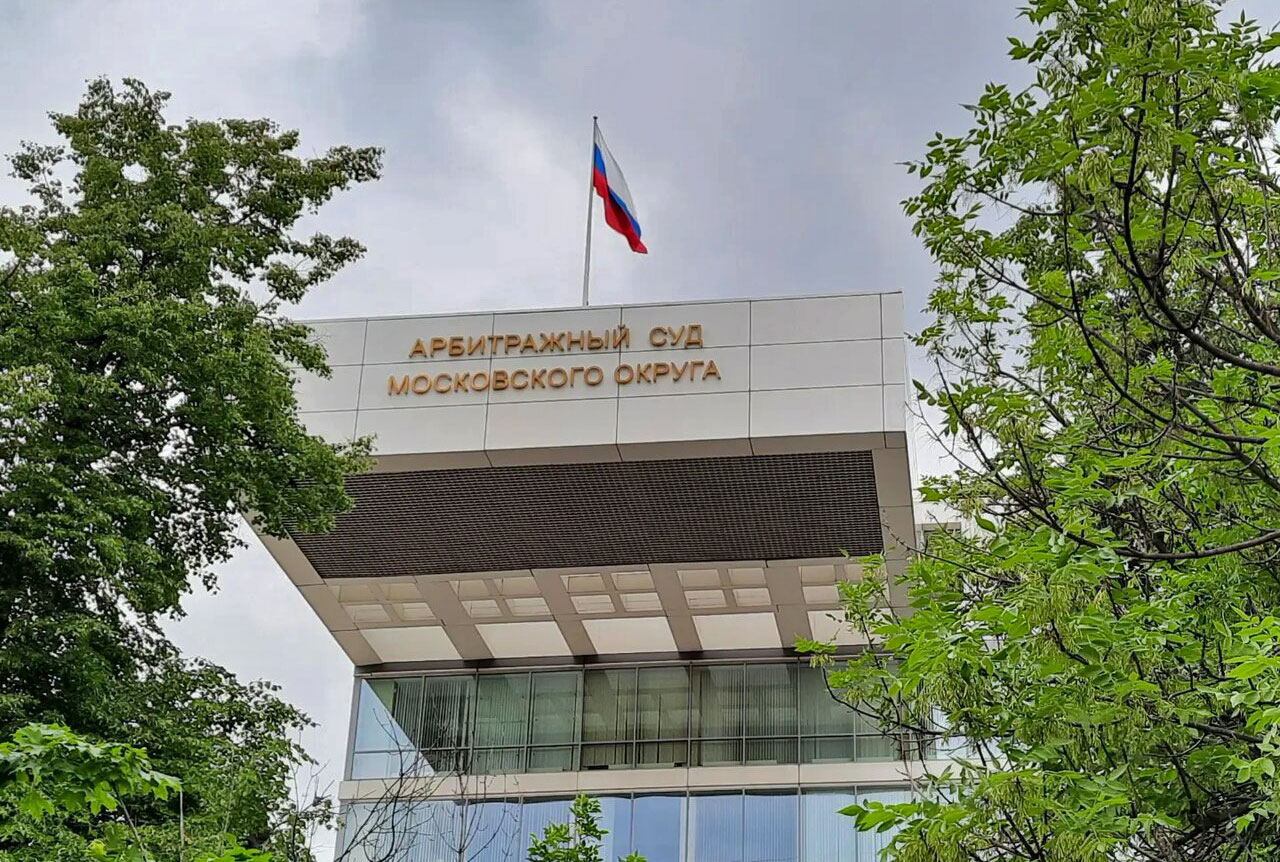
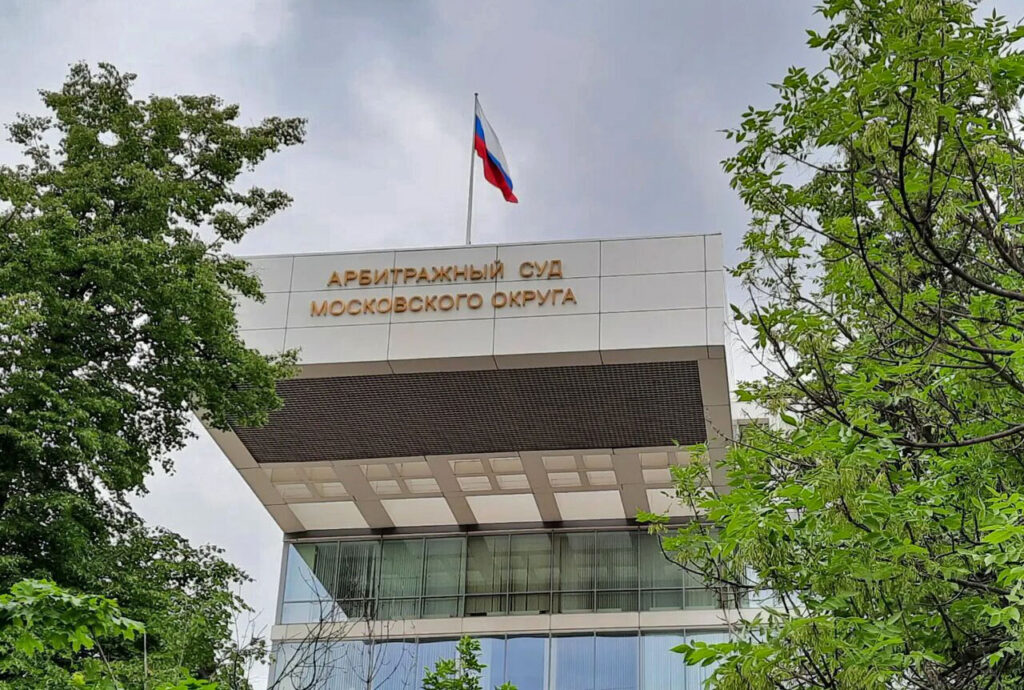

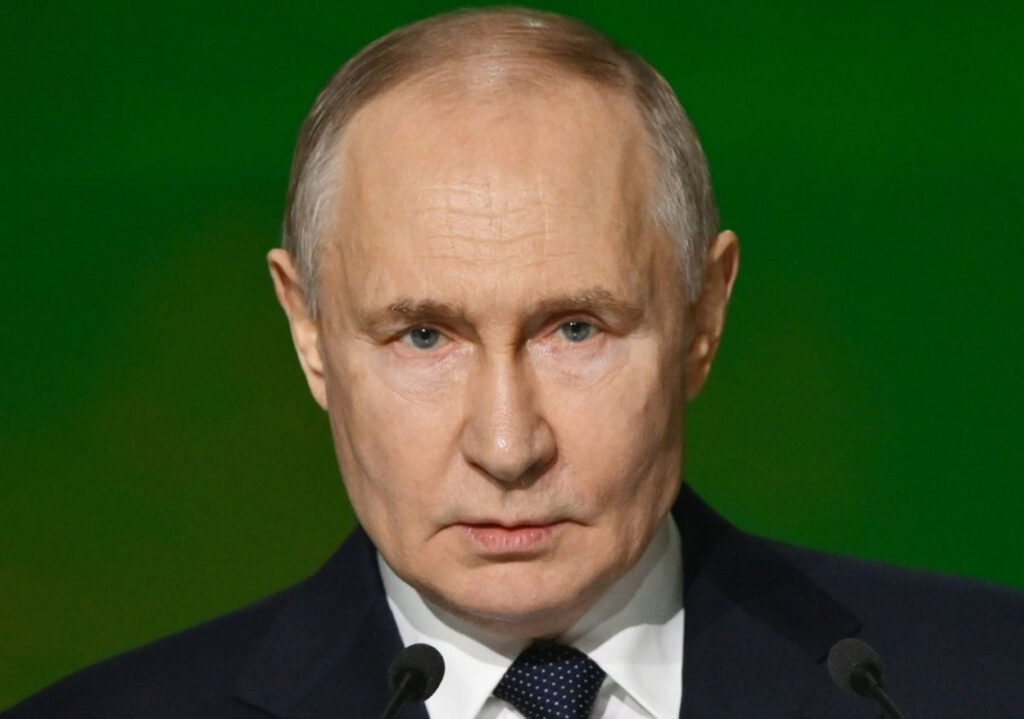

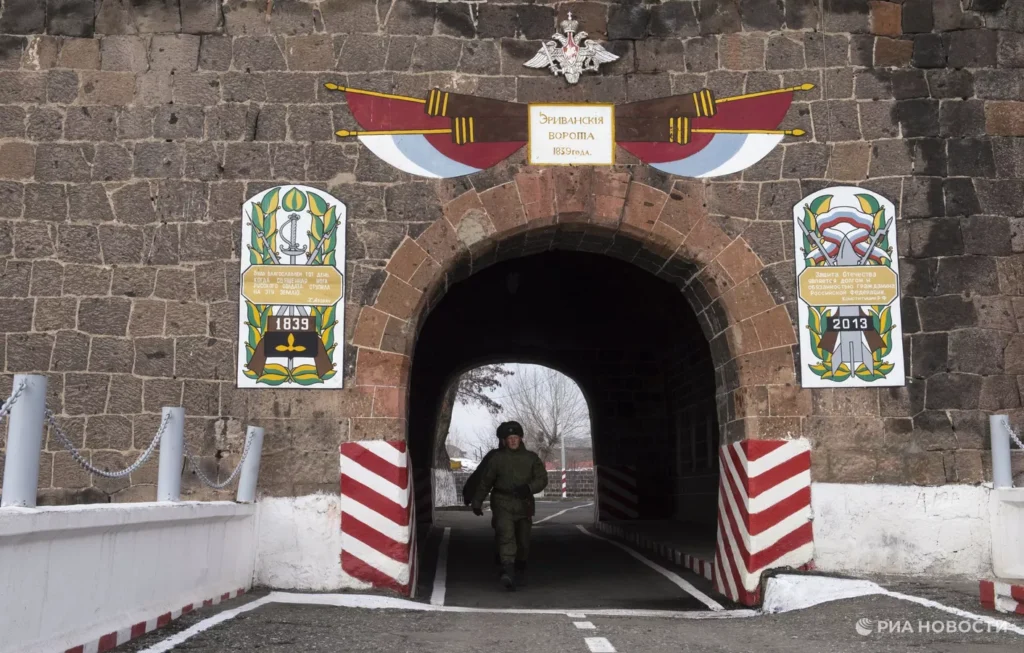
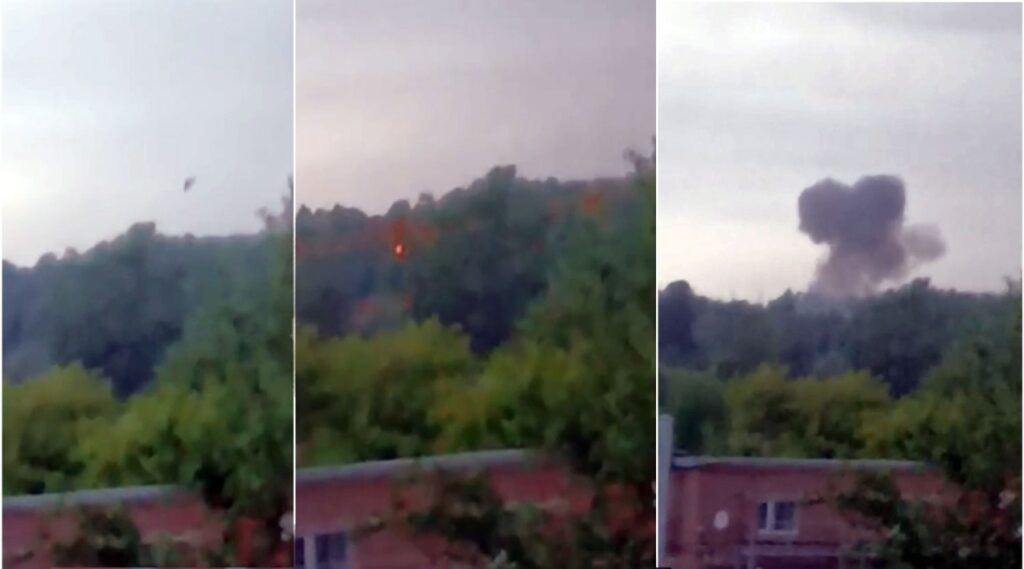
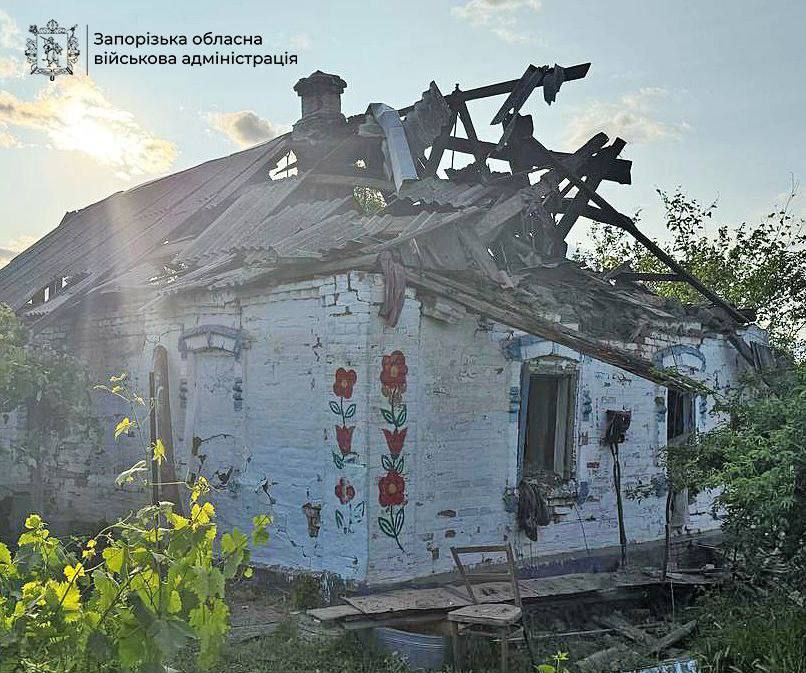

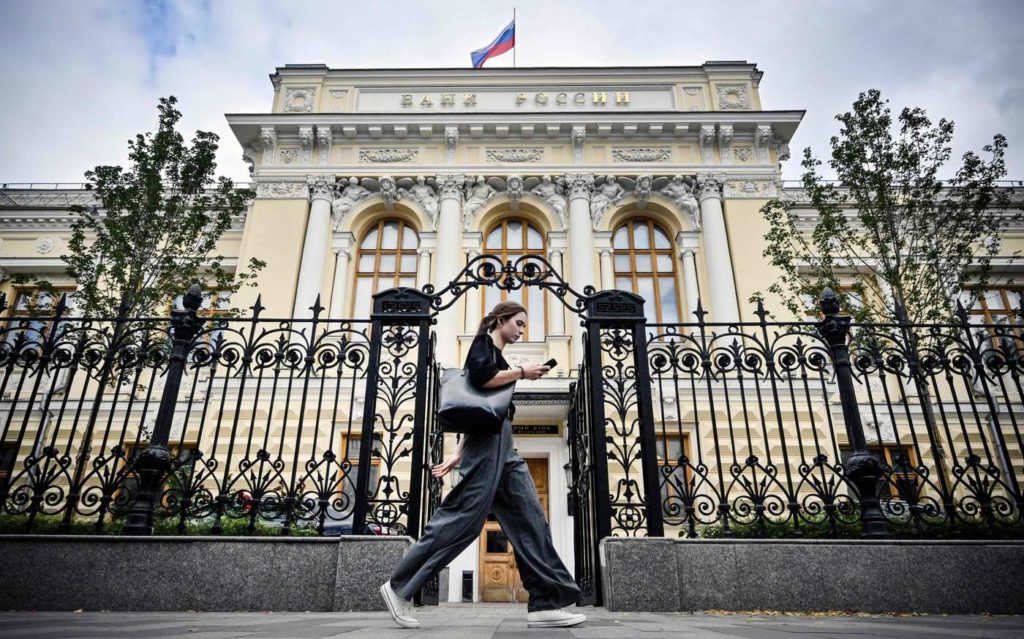
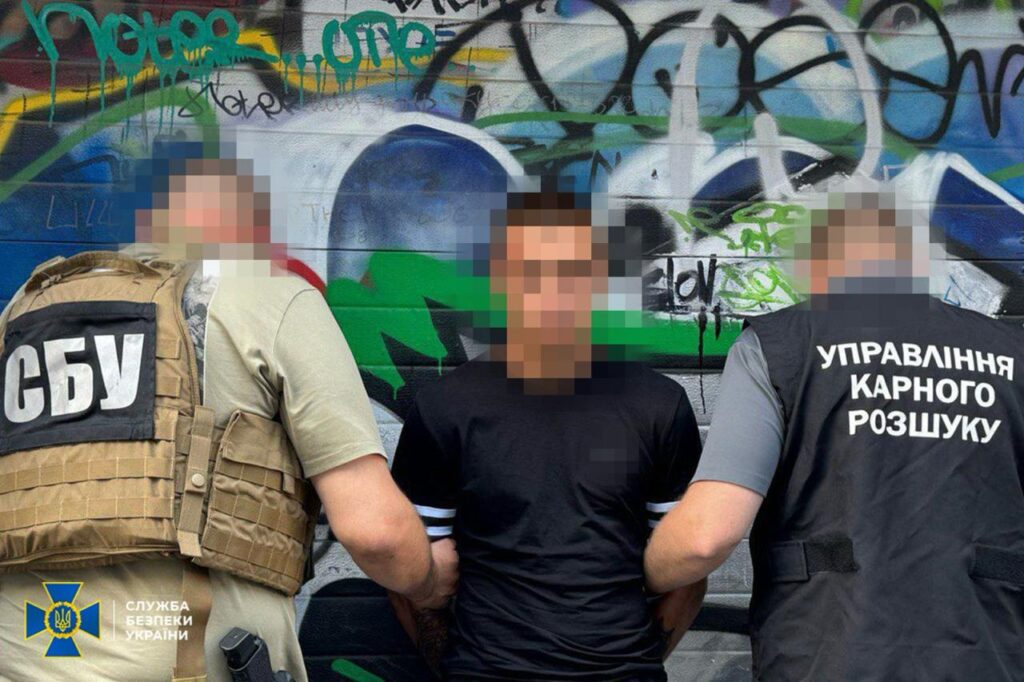
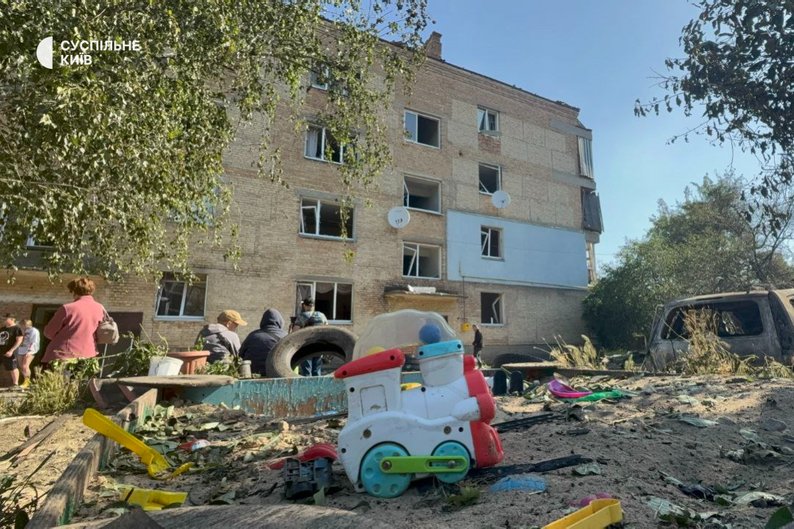
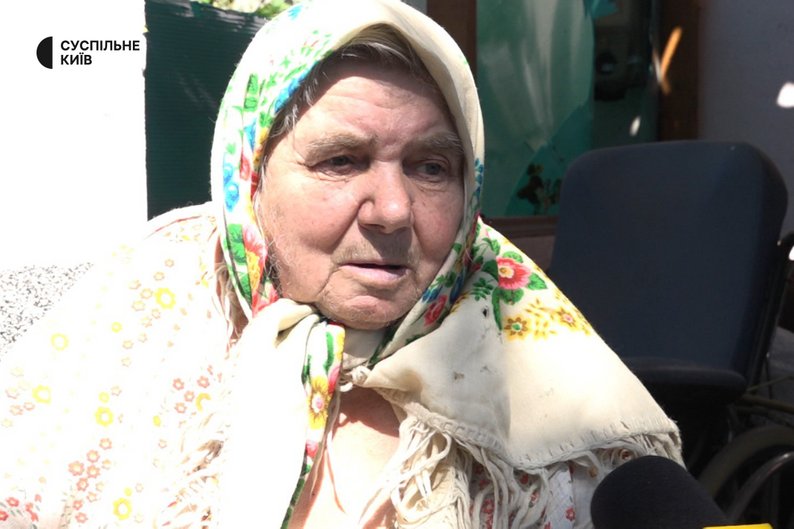
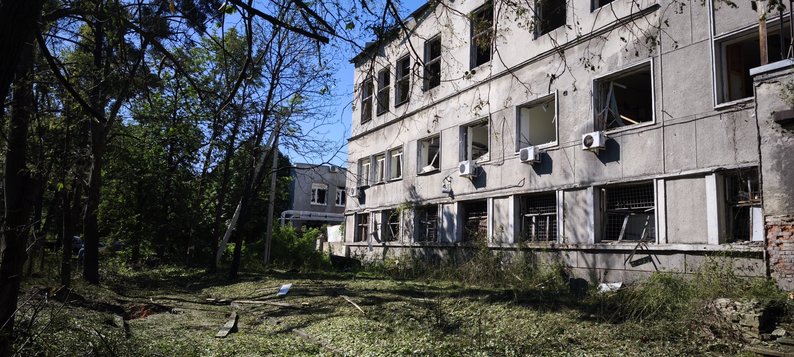
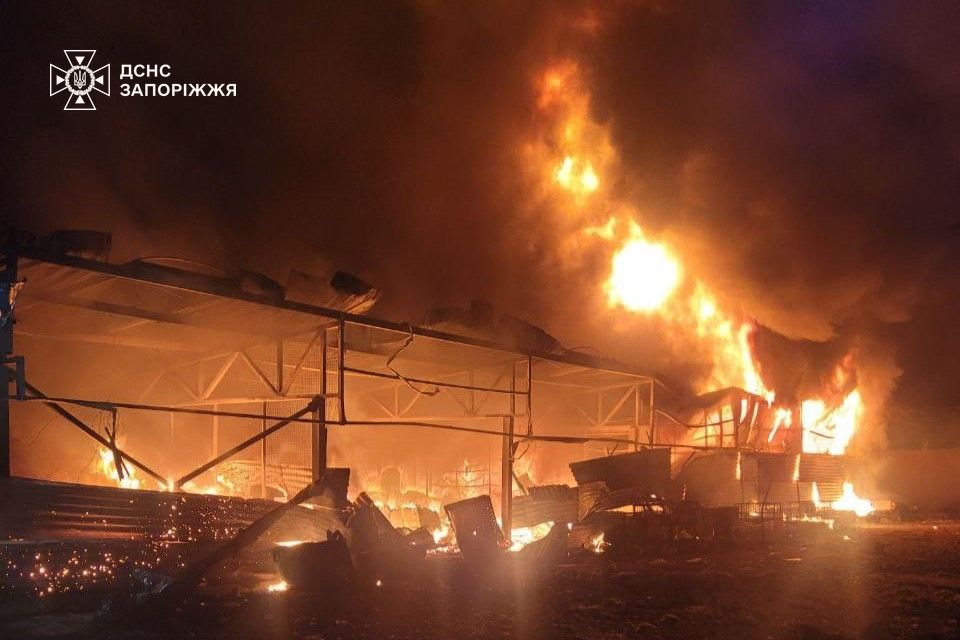
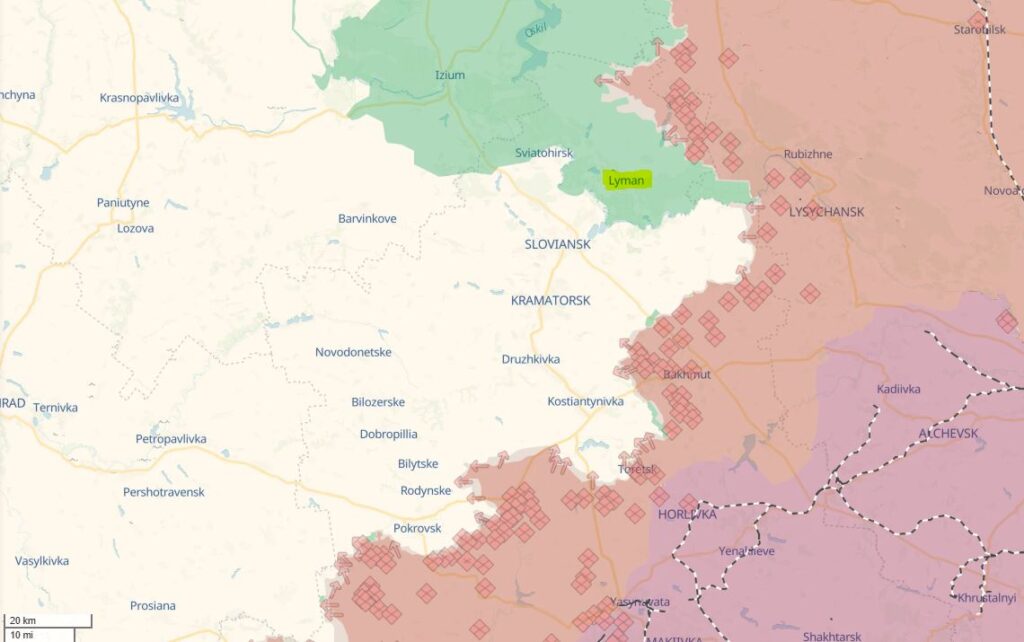
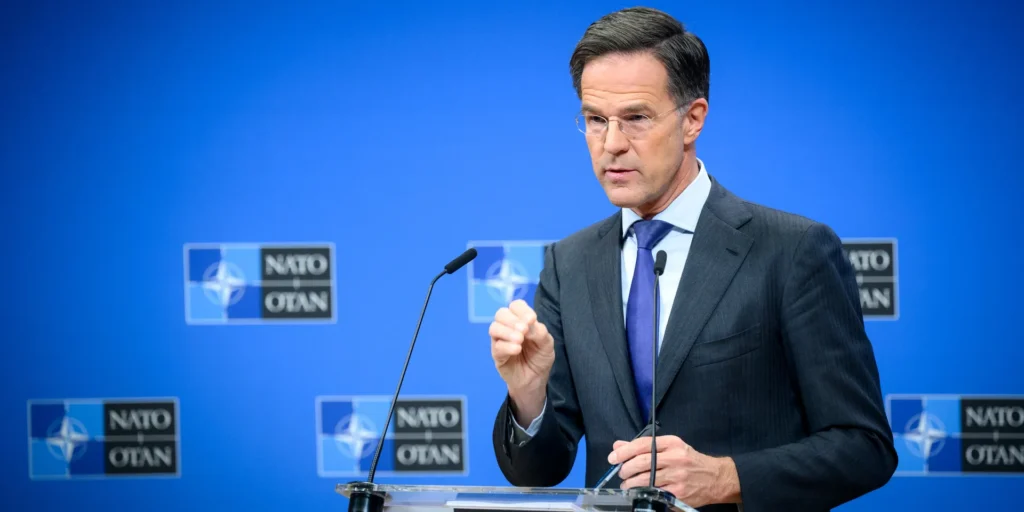

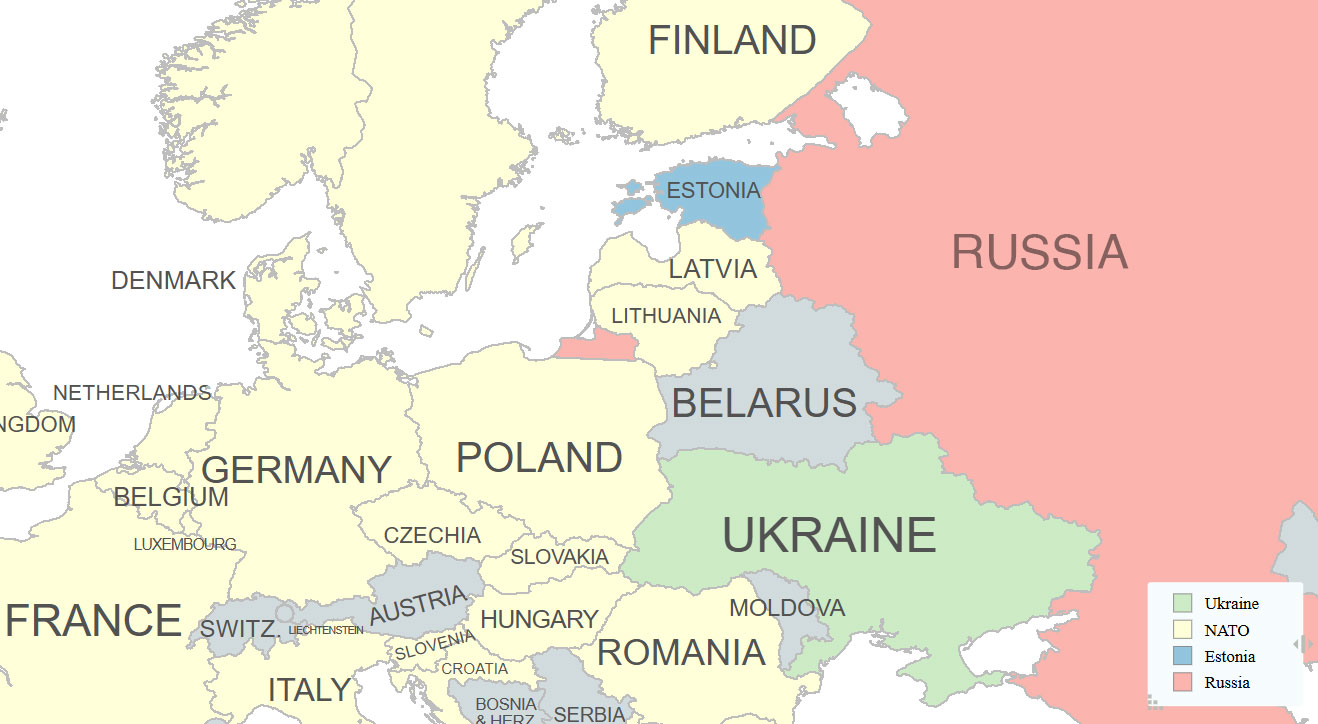
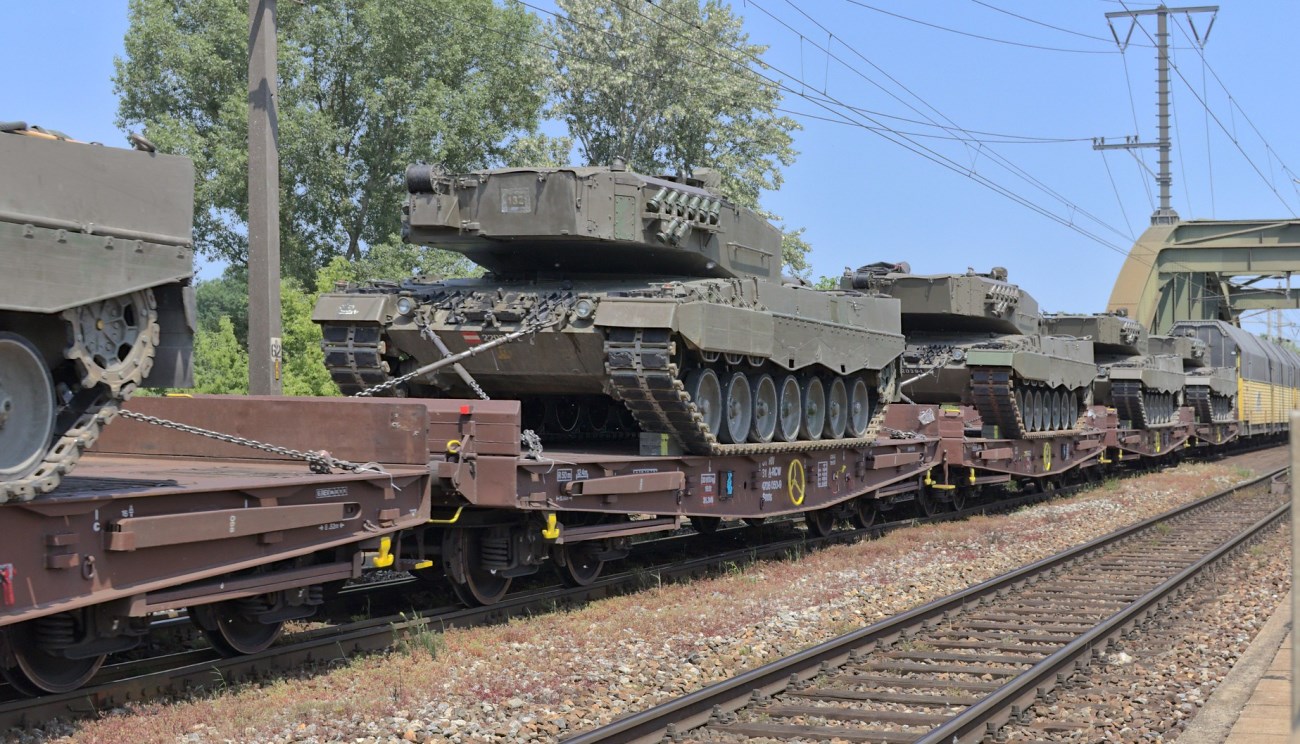



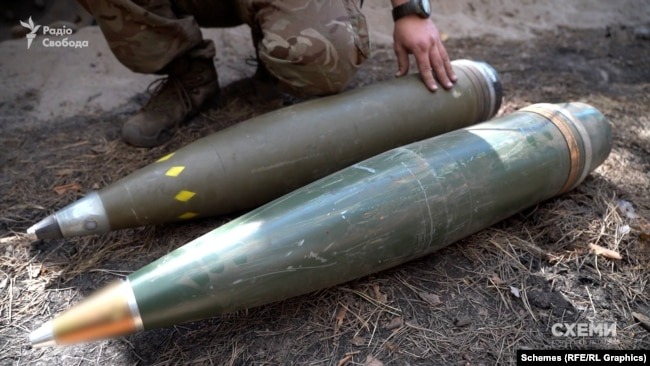
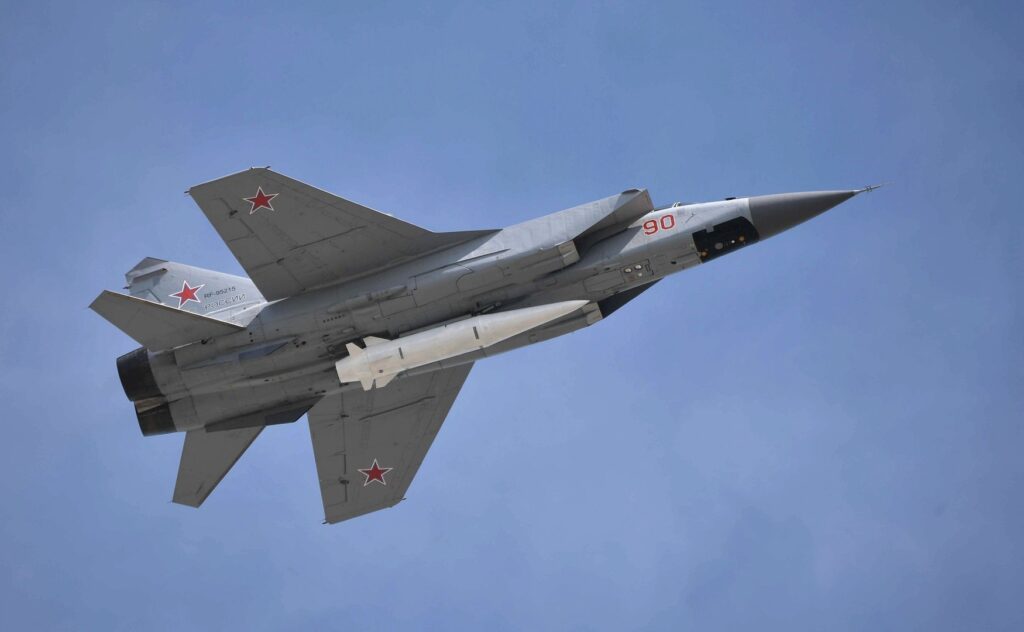
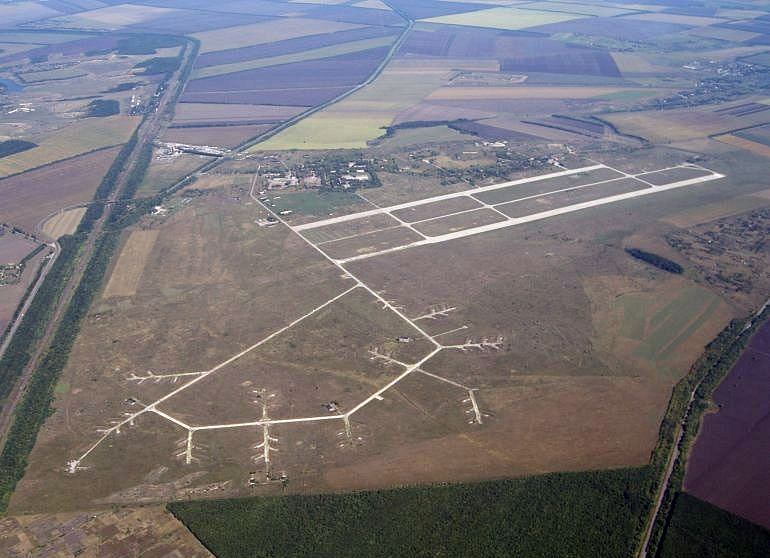



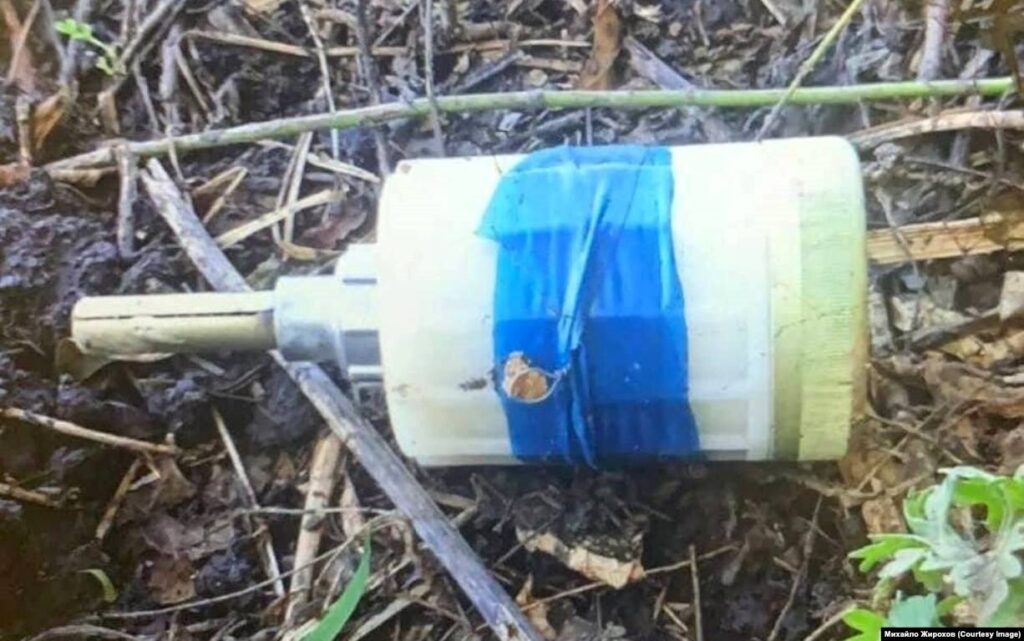


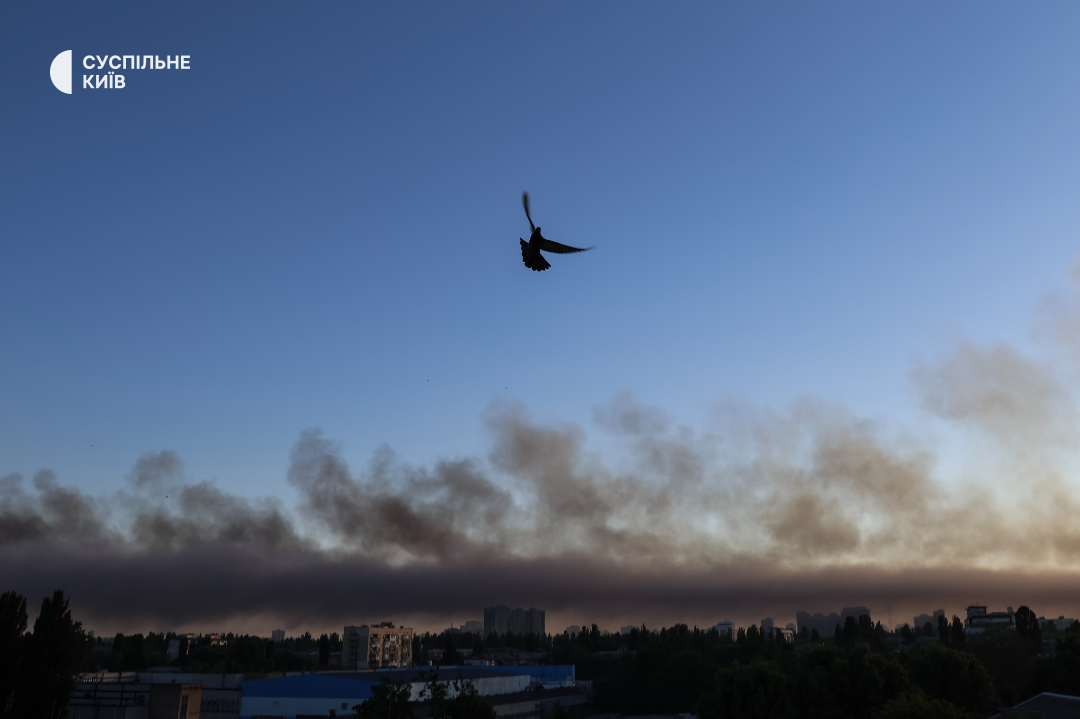
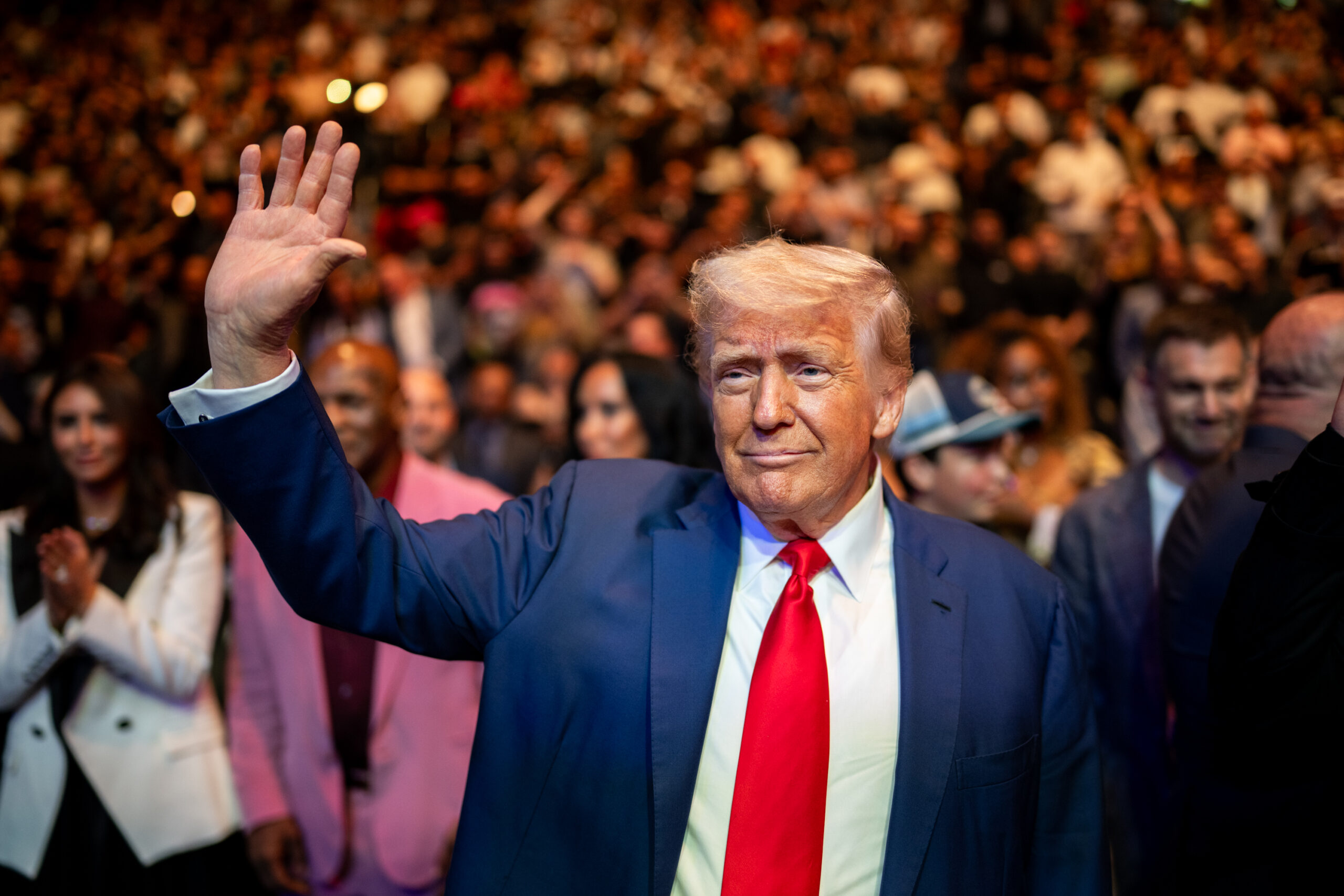
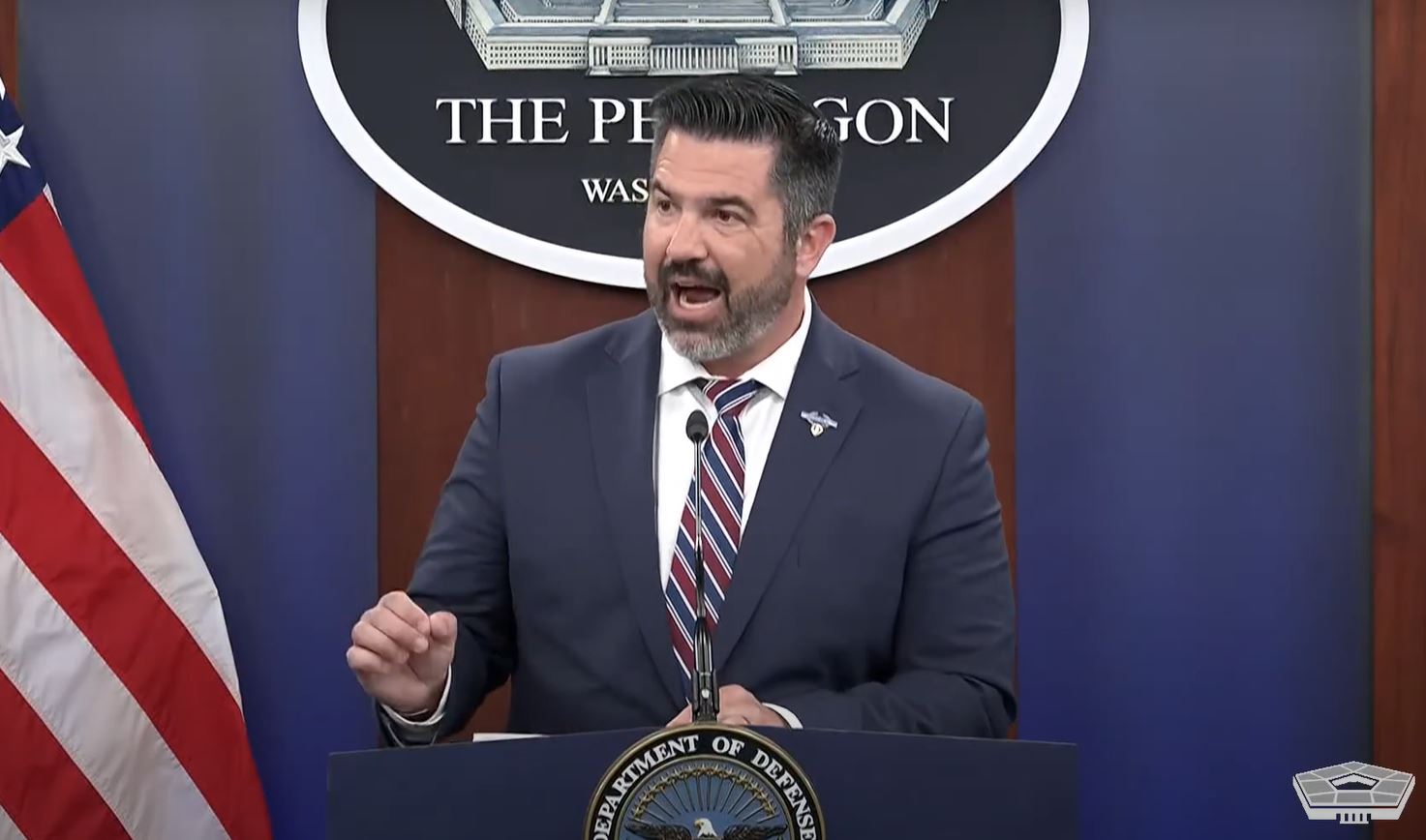
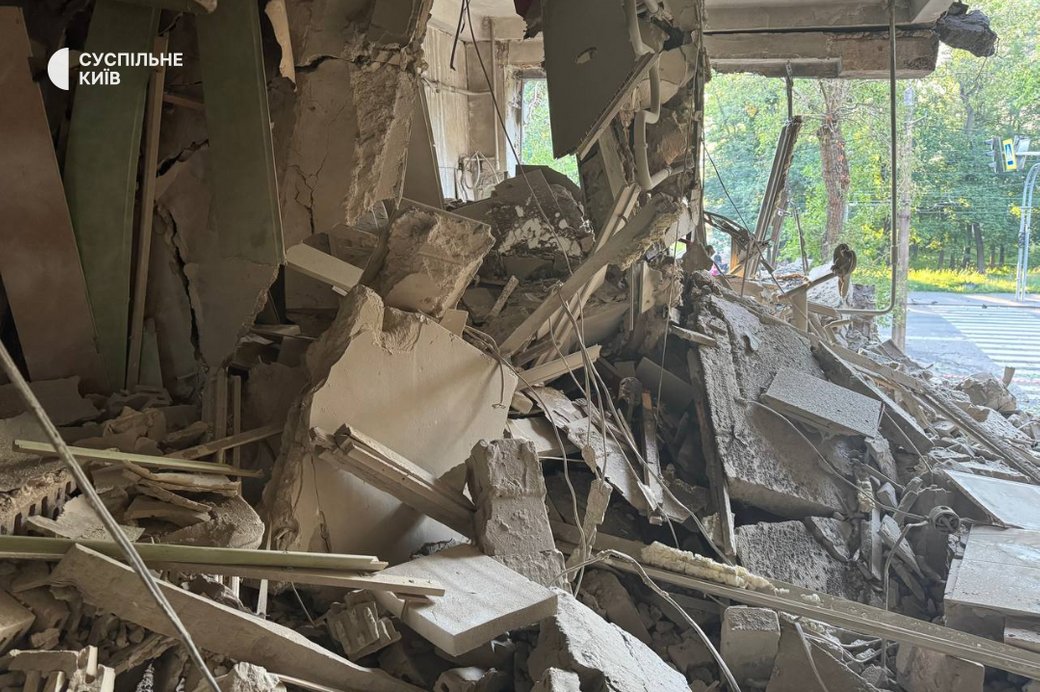




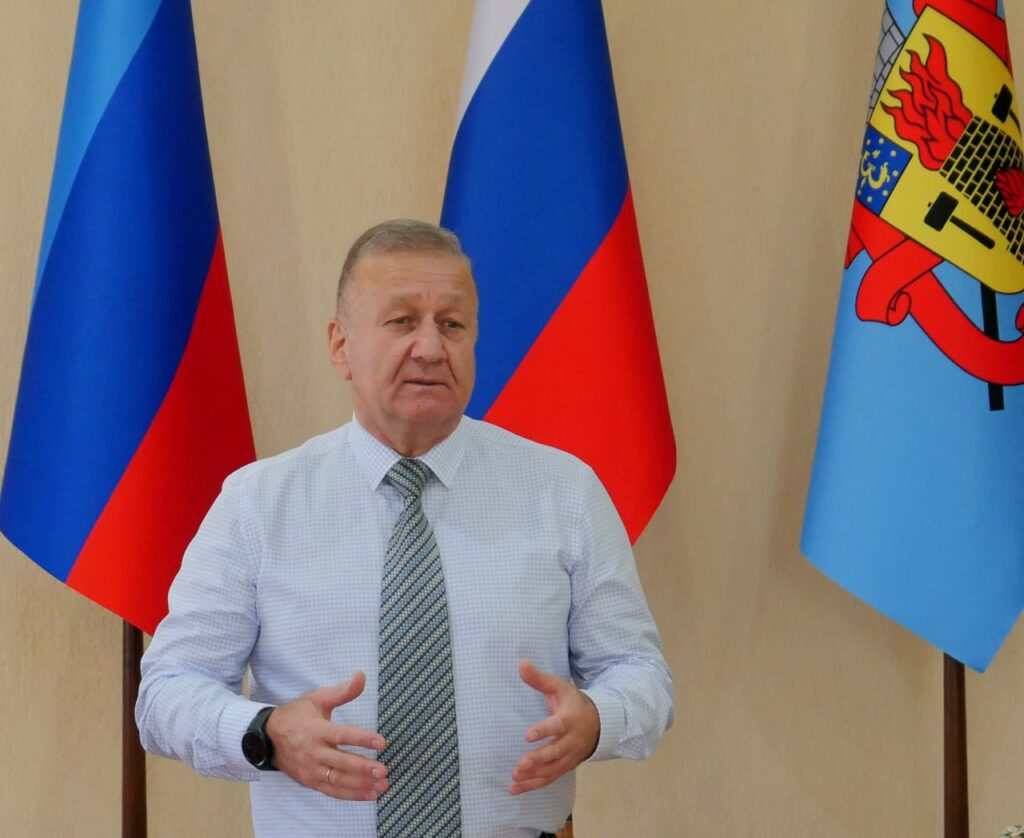
 TG/Exilenova+
TG/Exilenova+ 



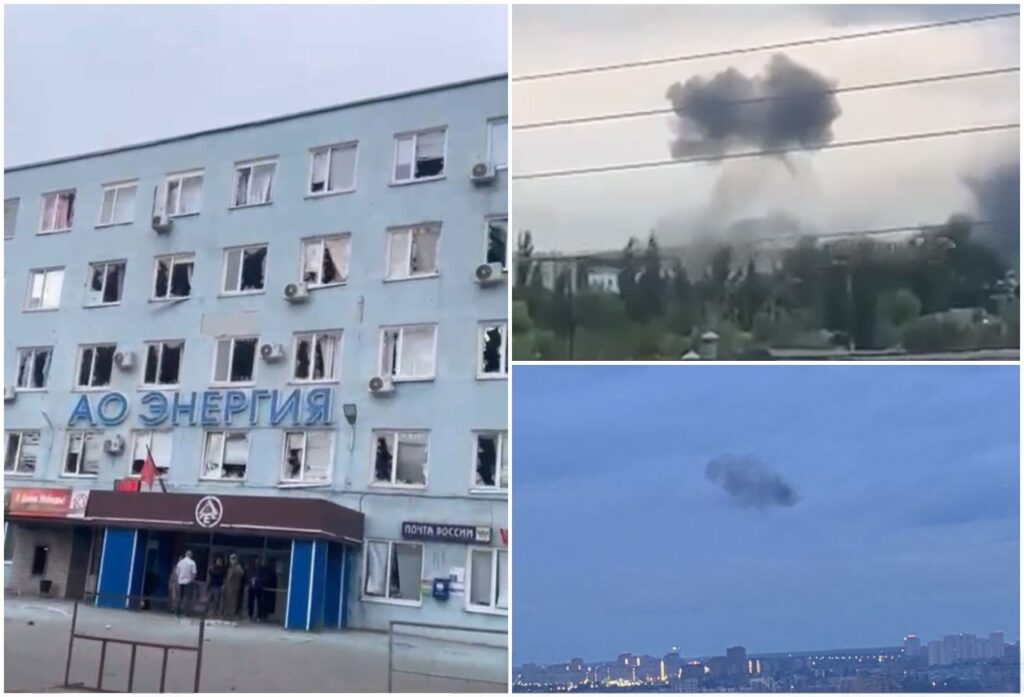
 TG/Exilenova+
TG/Exilenova+ 